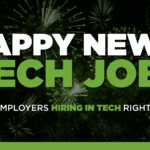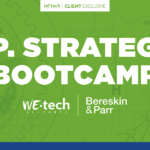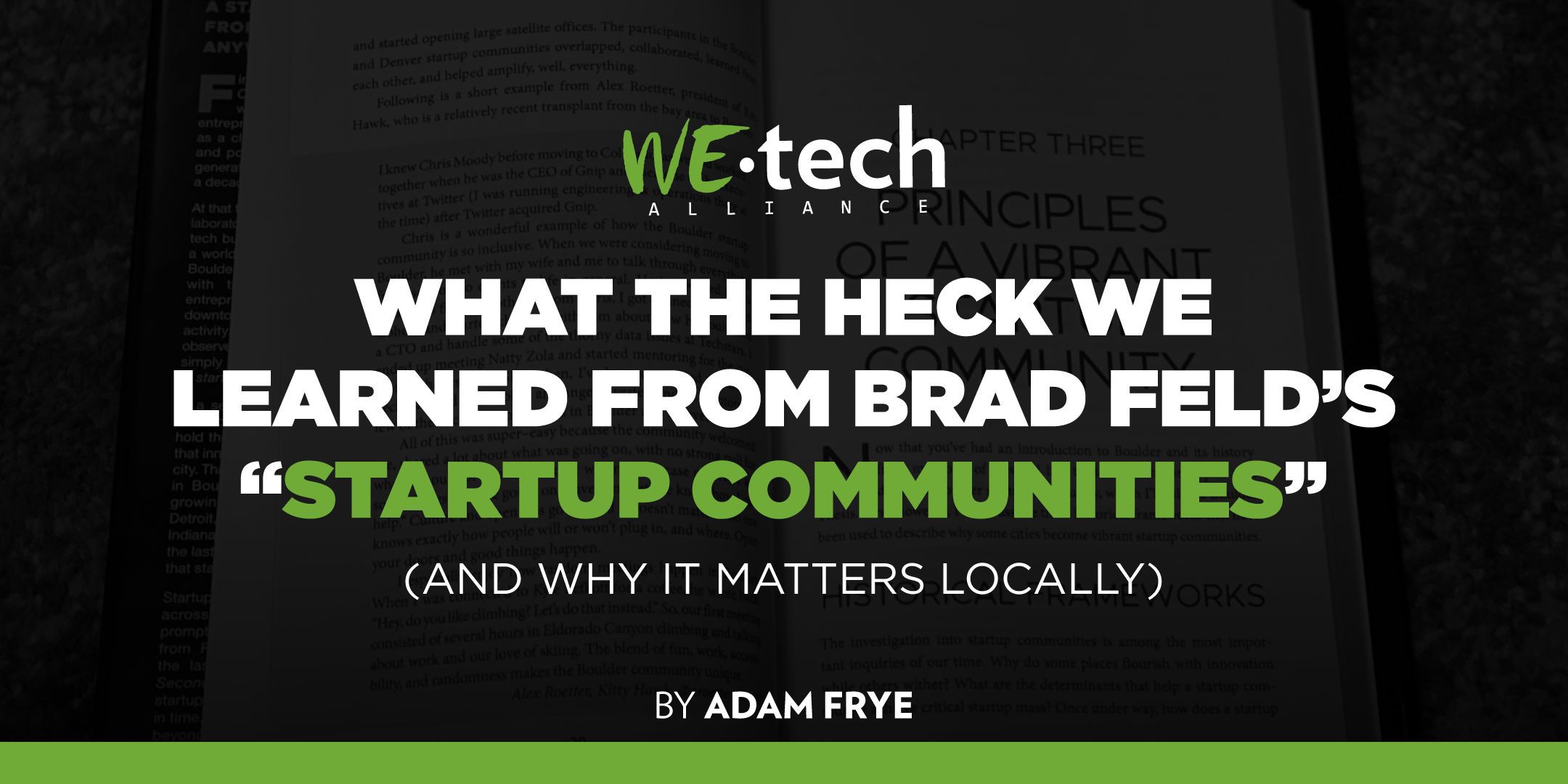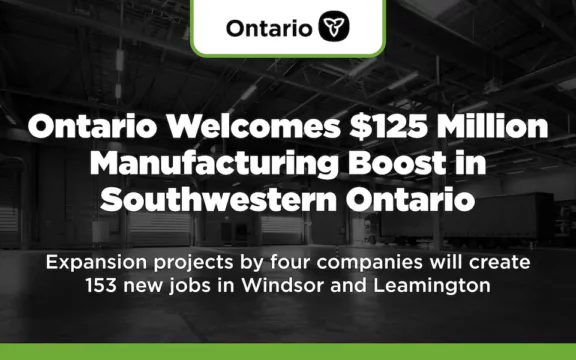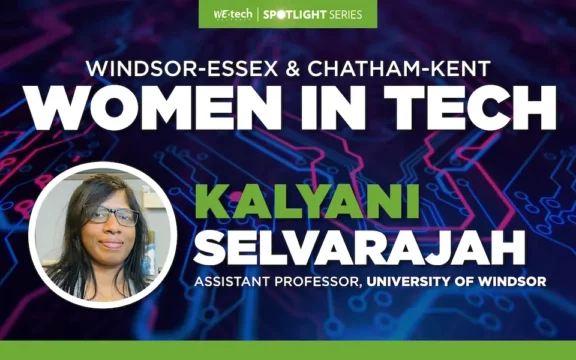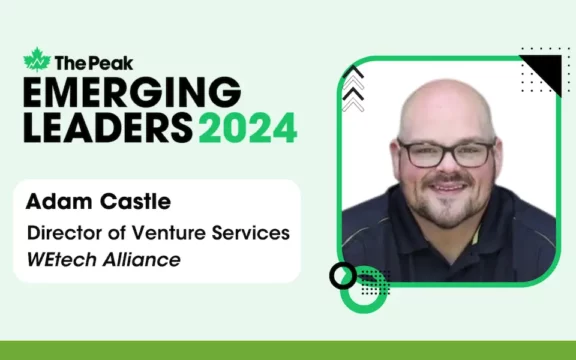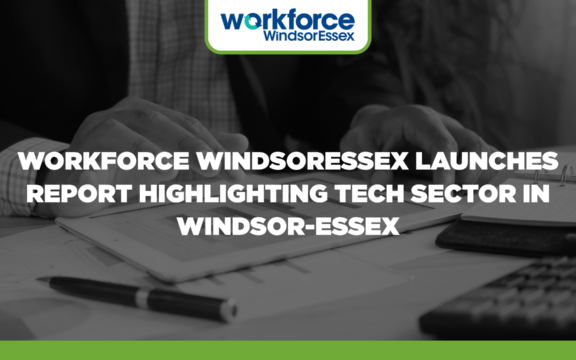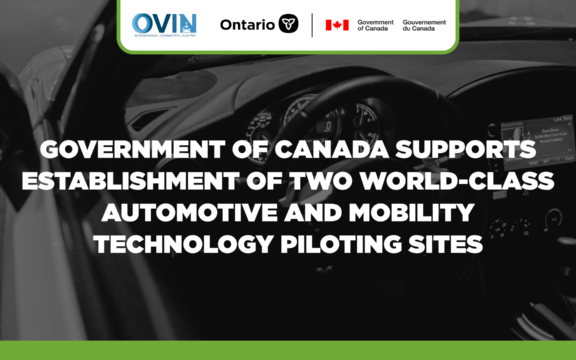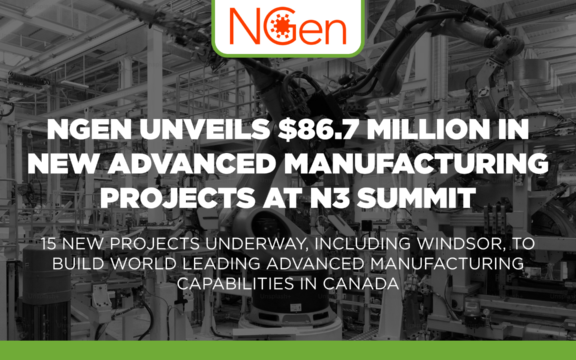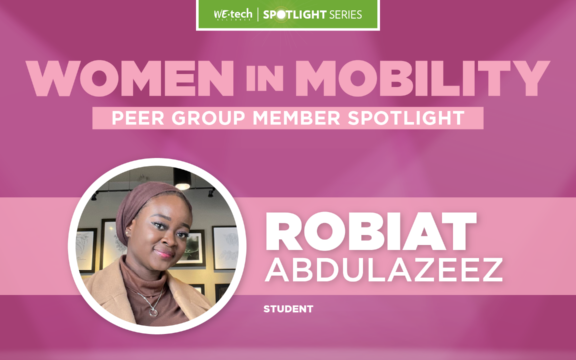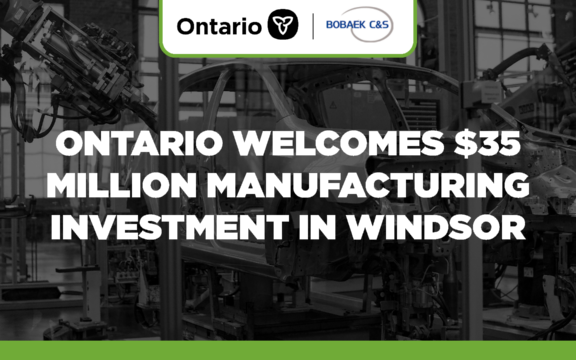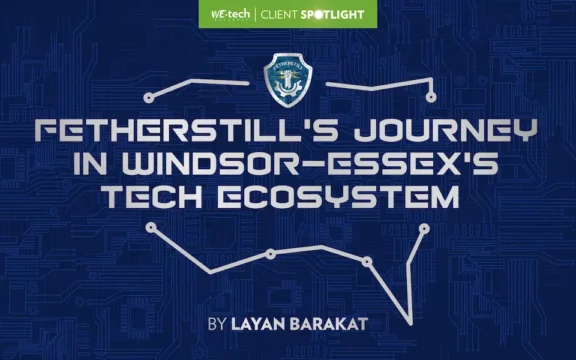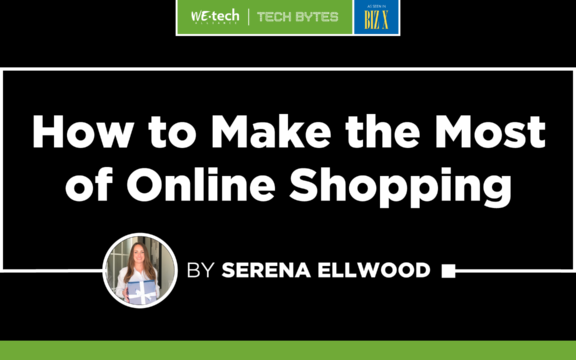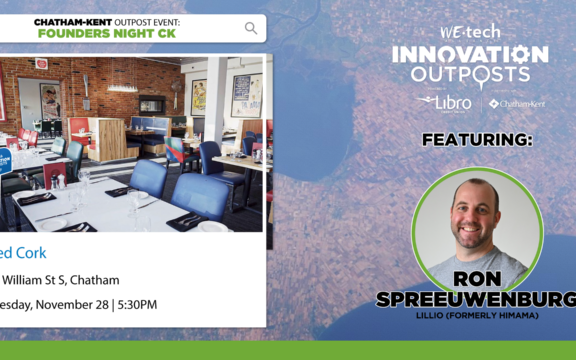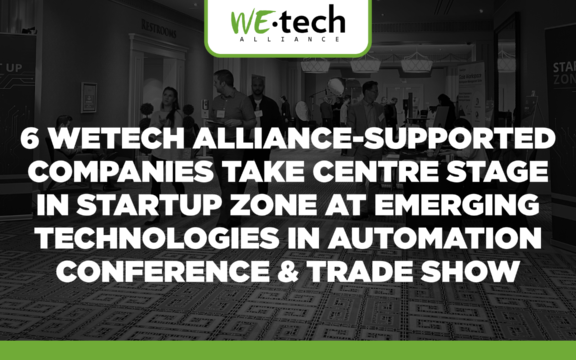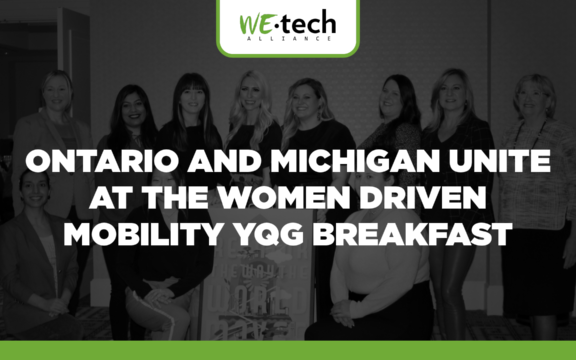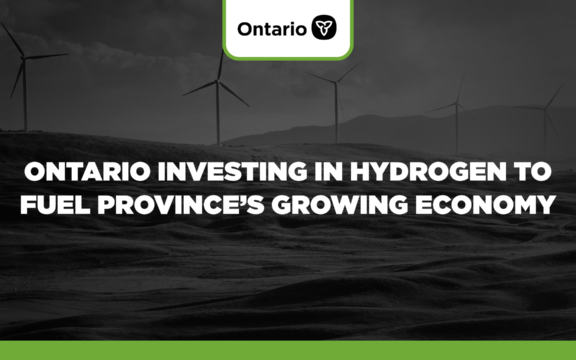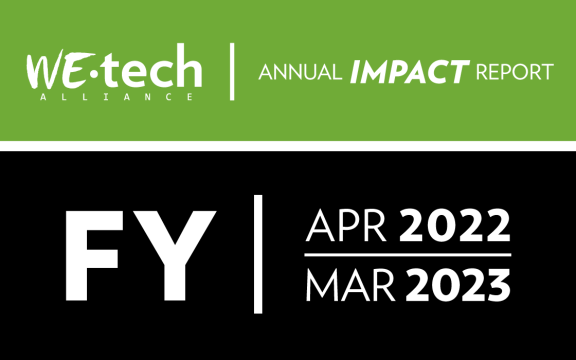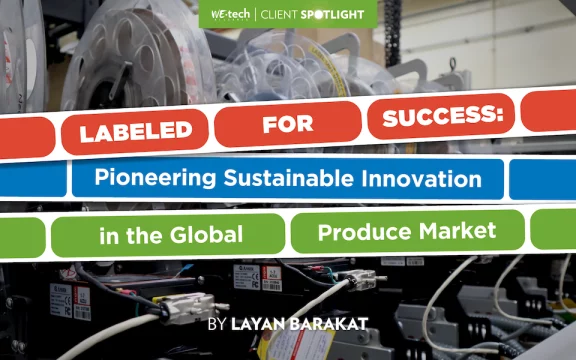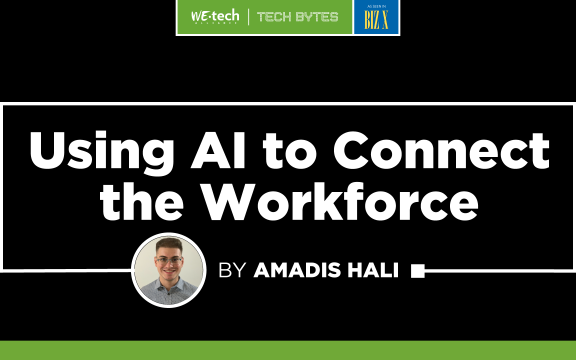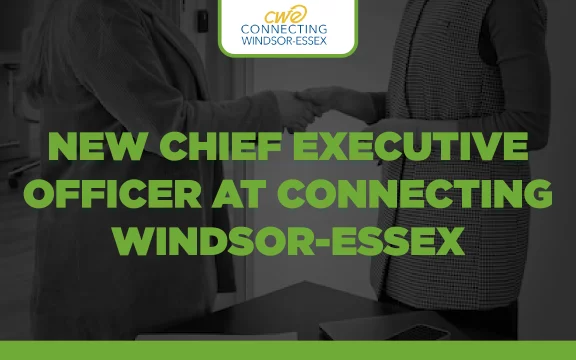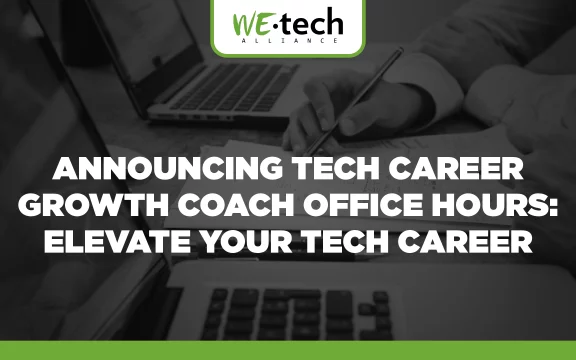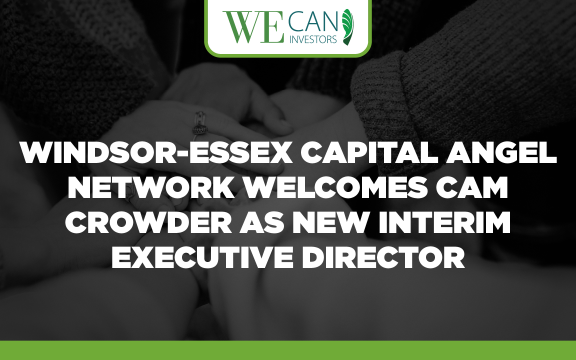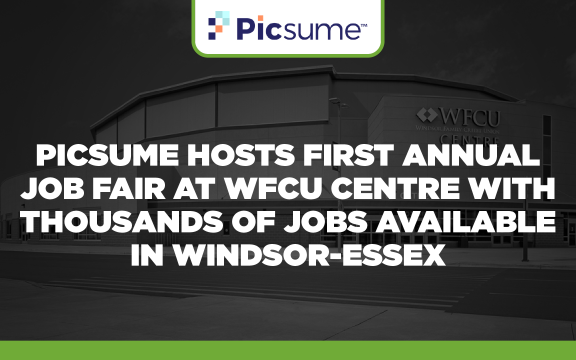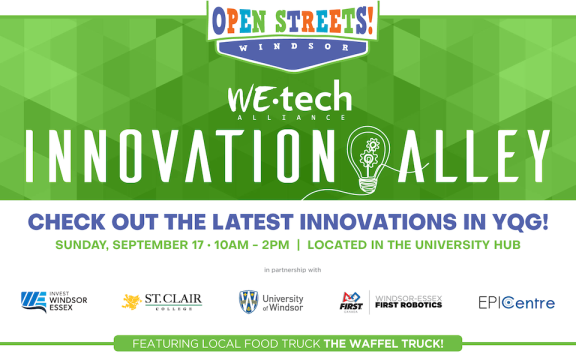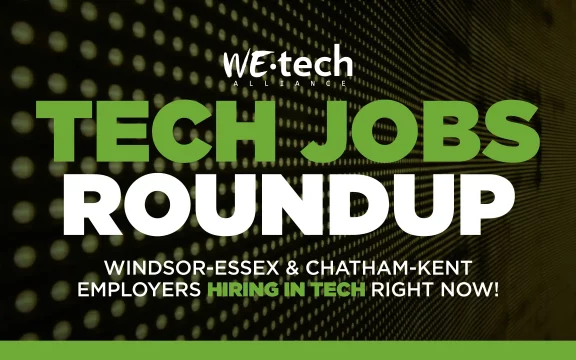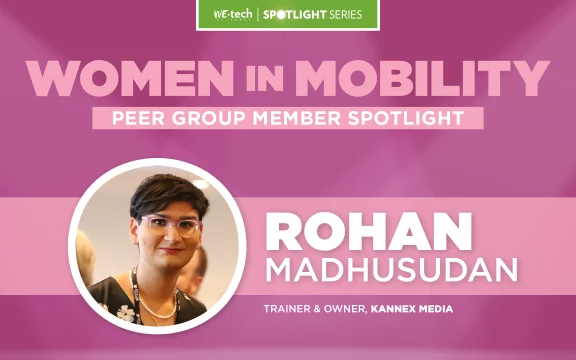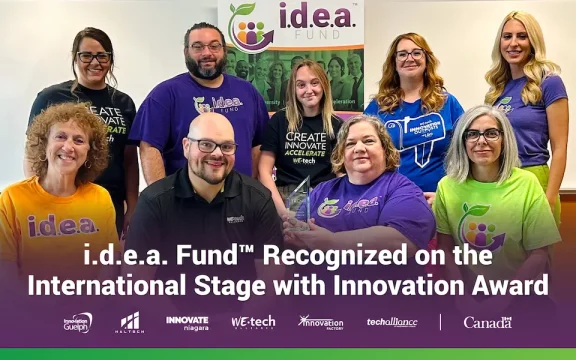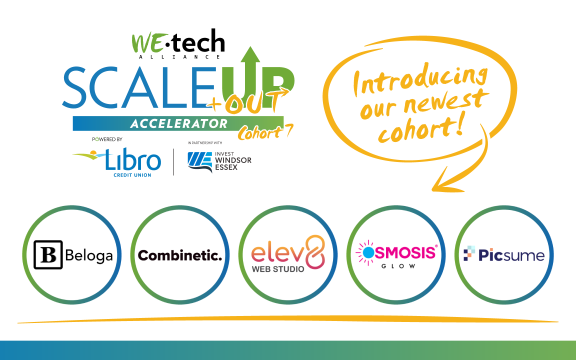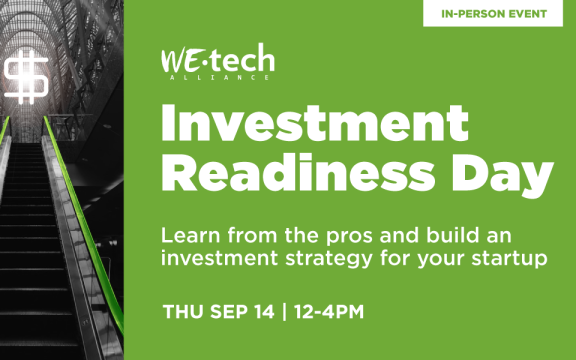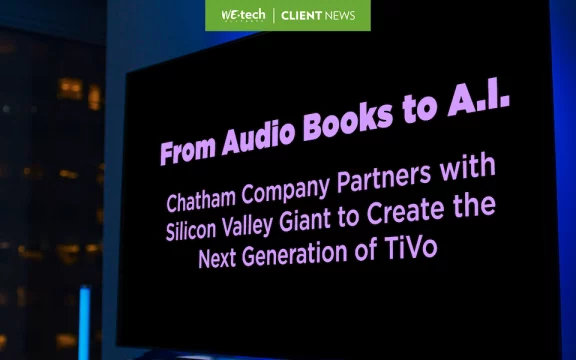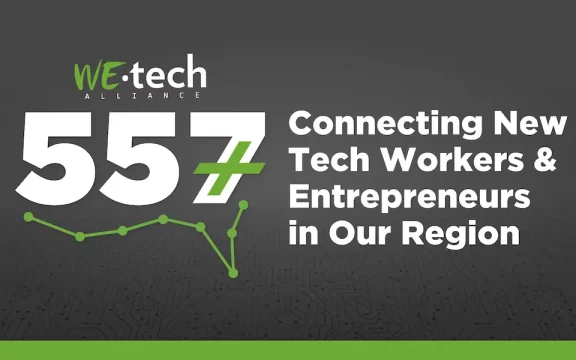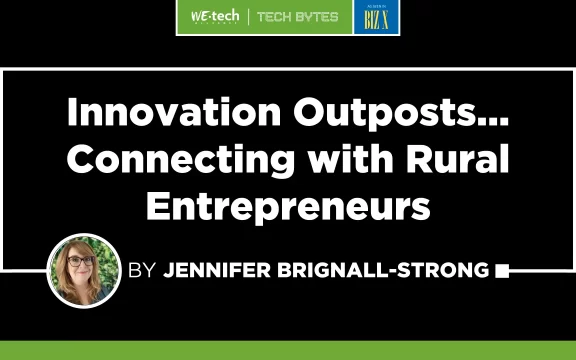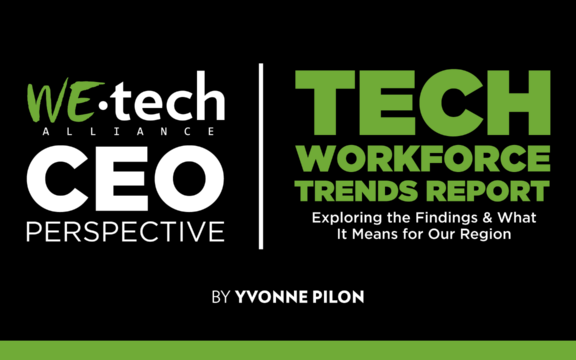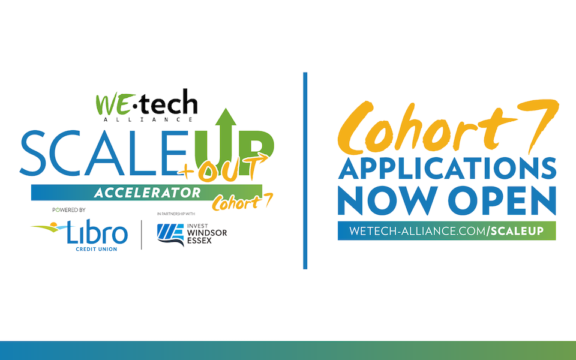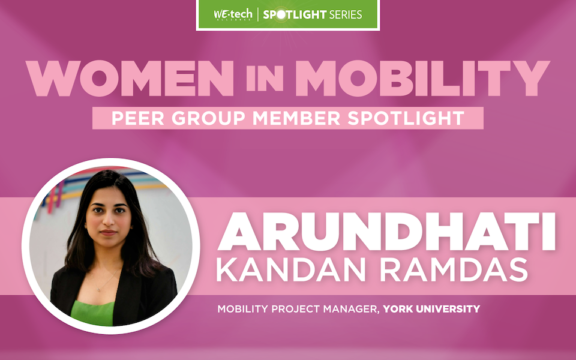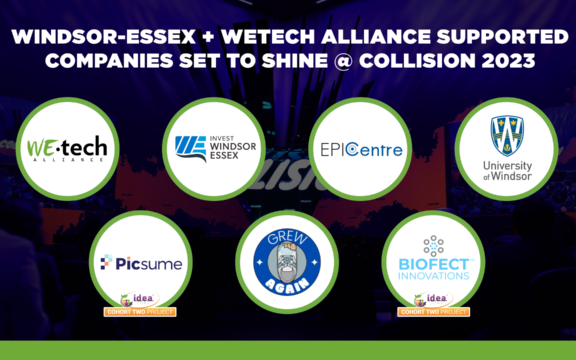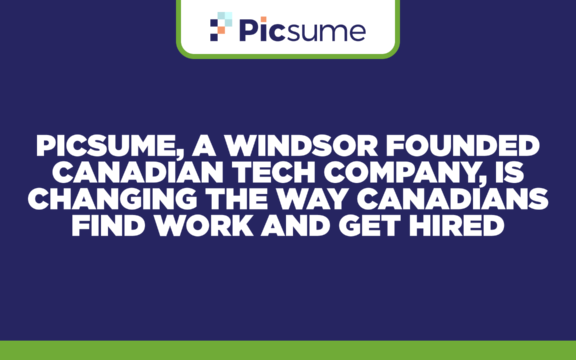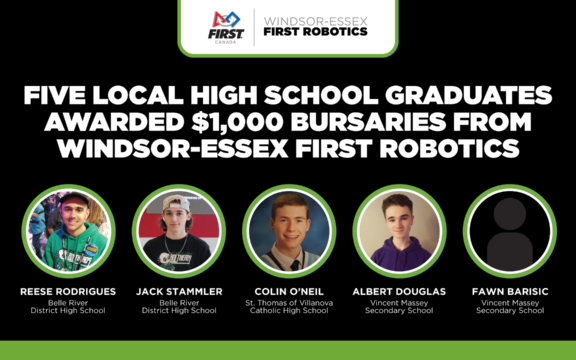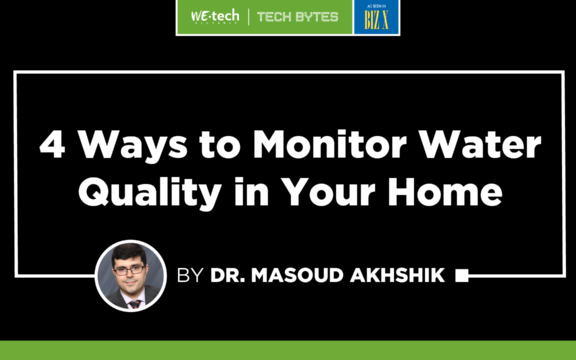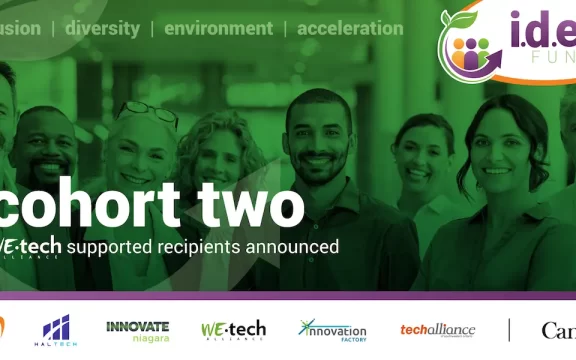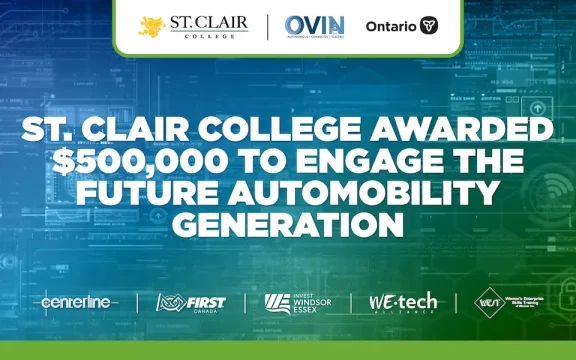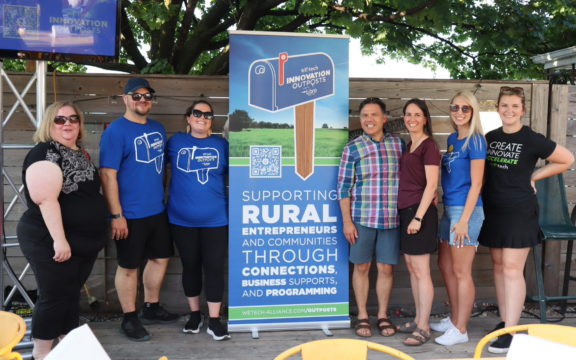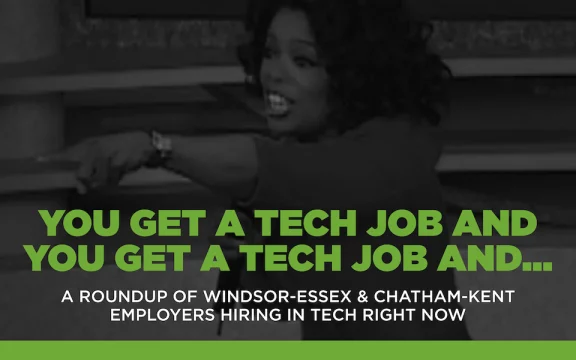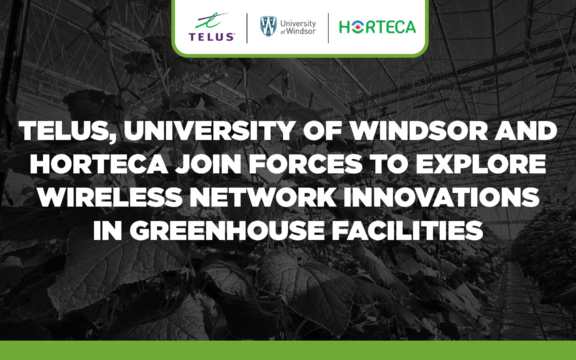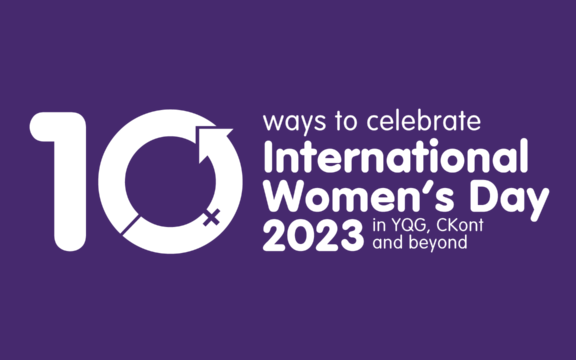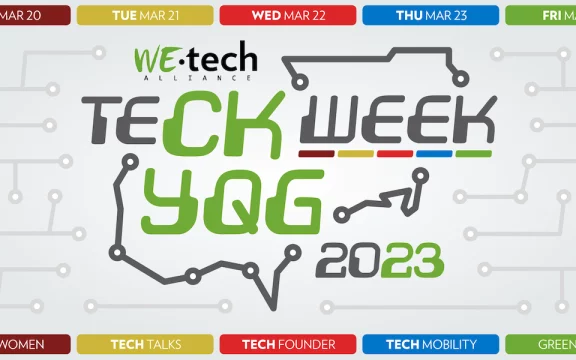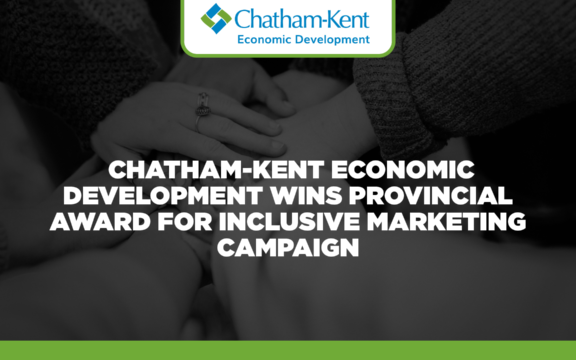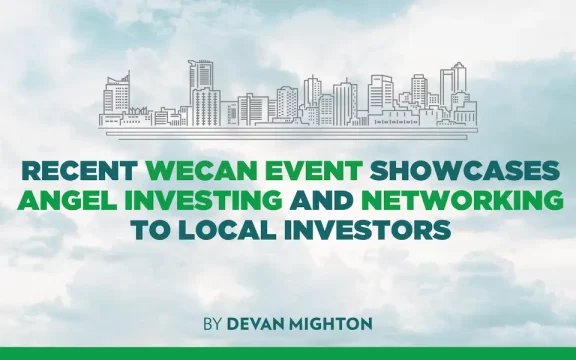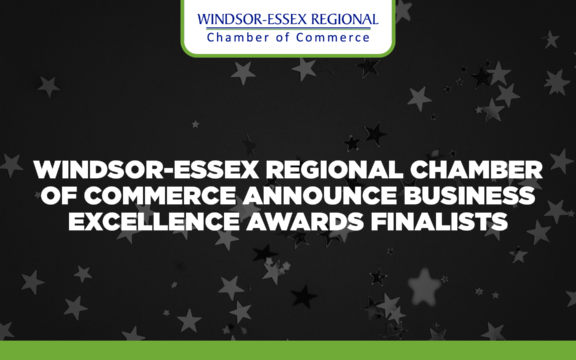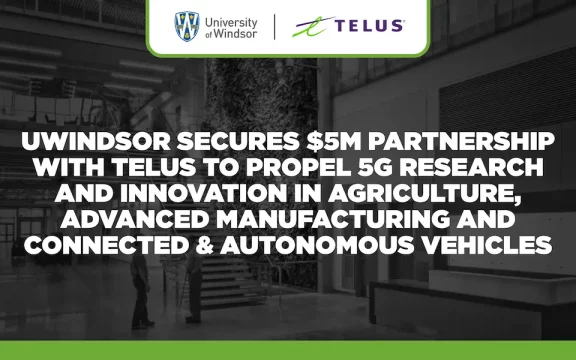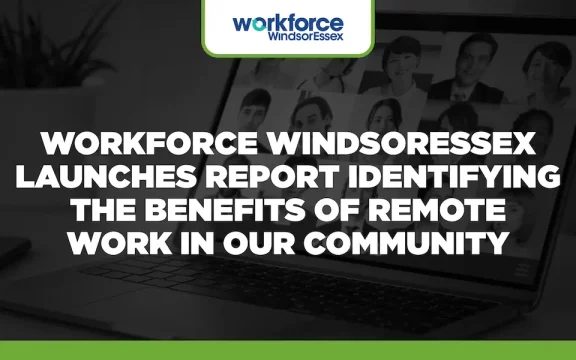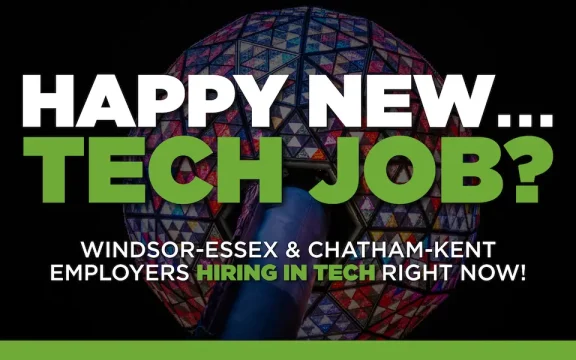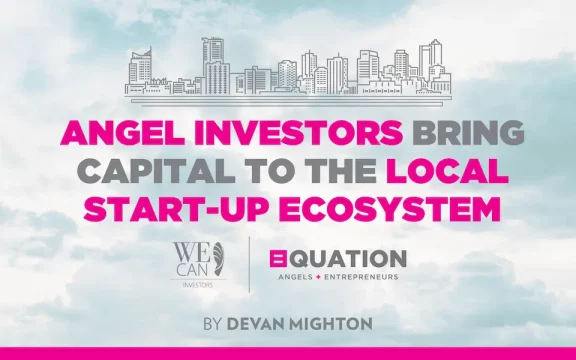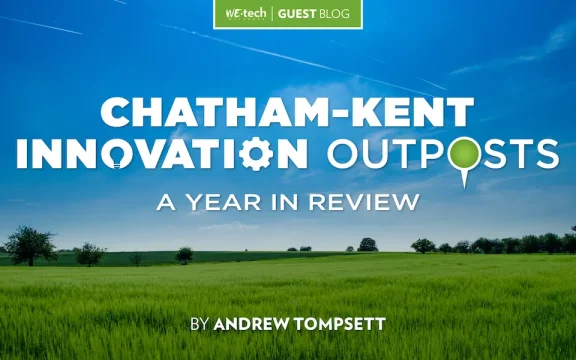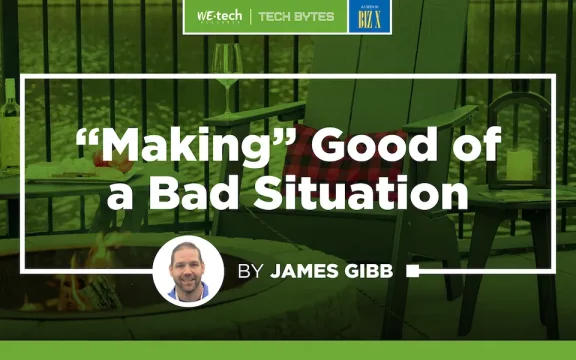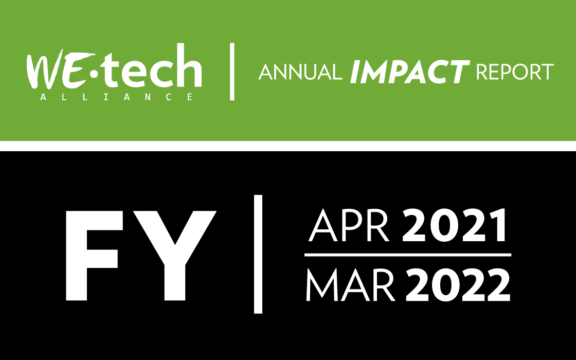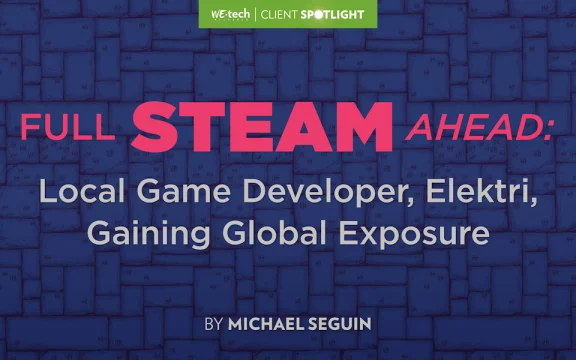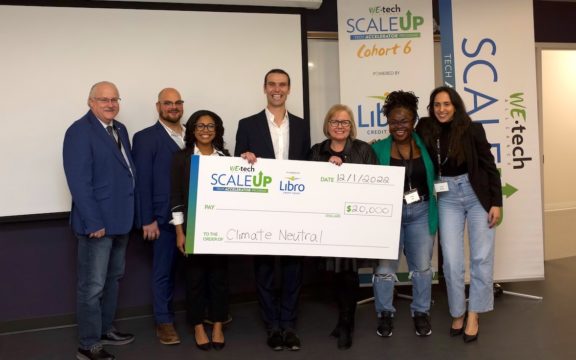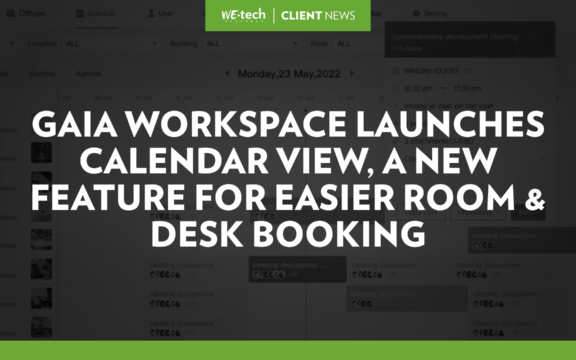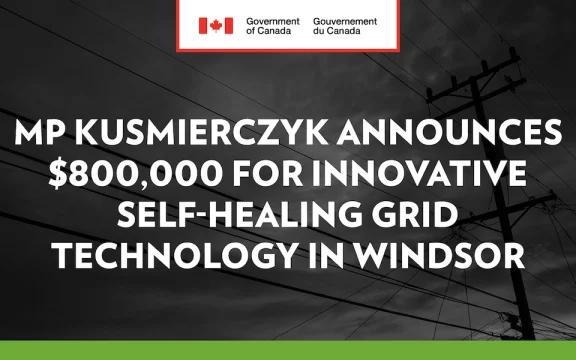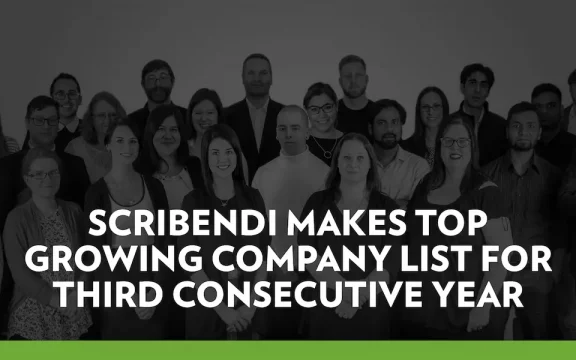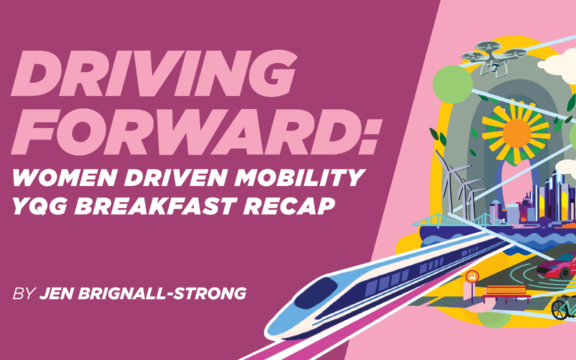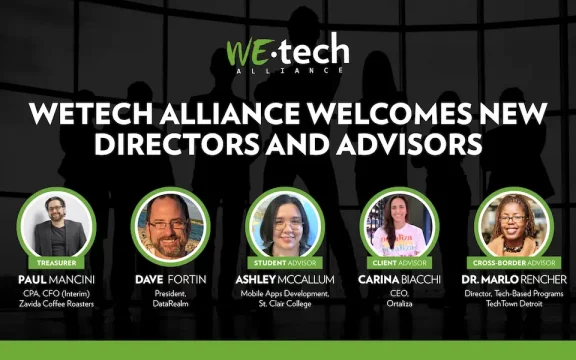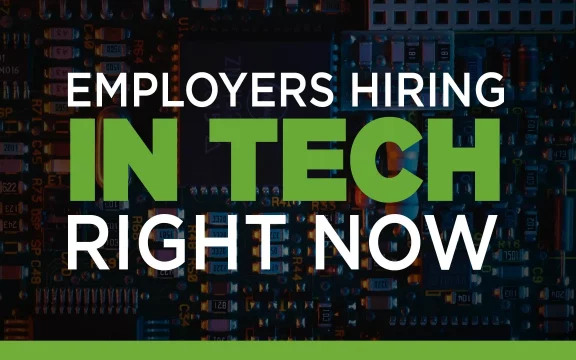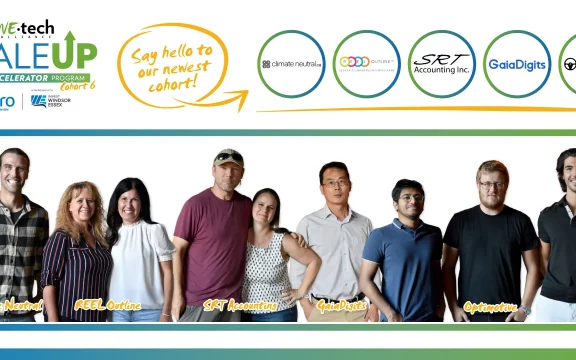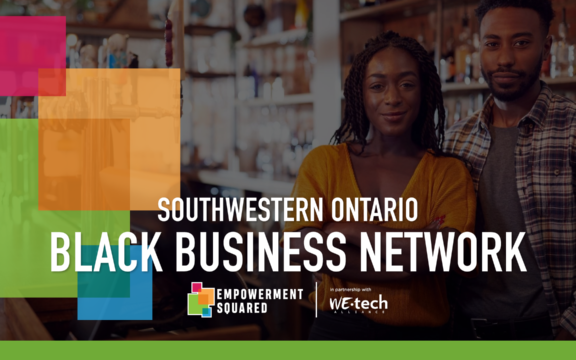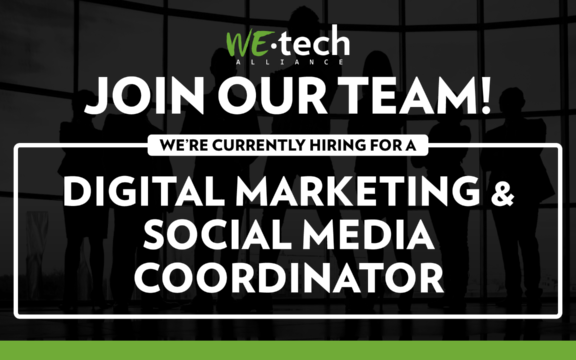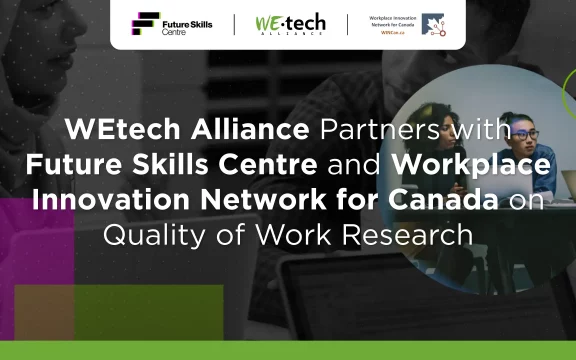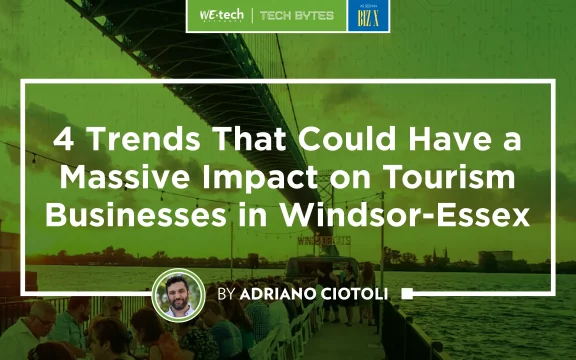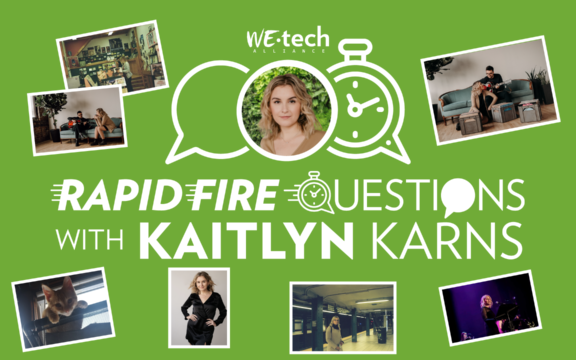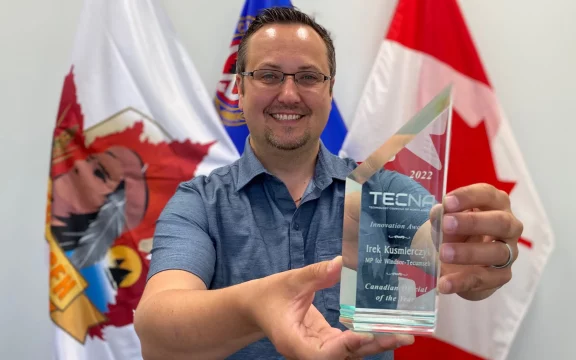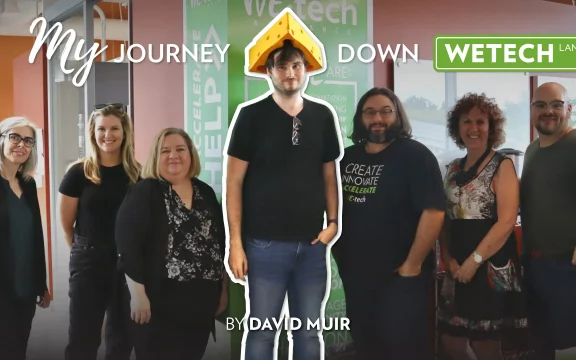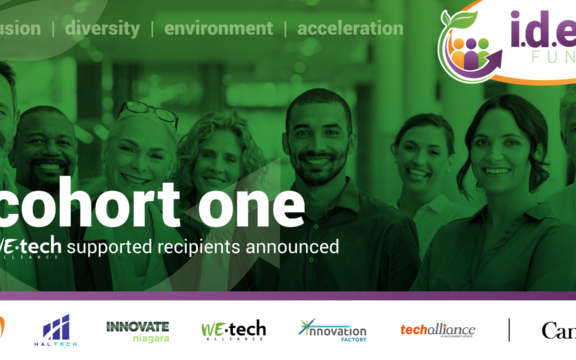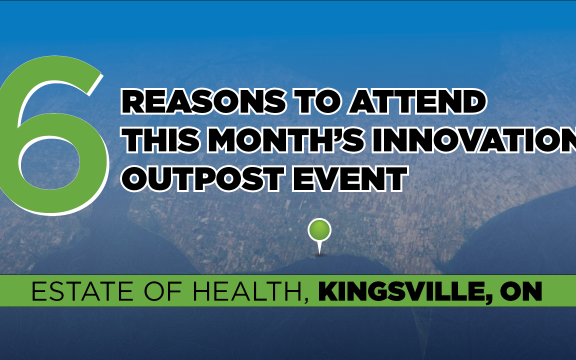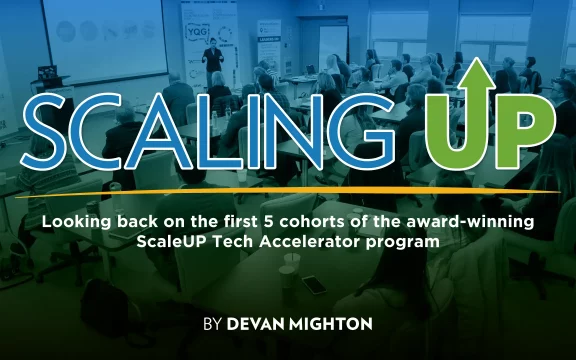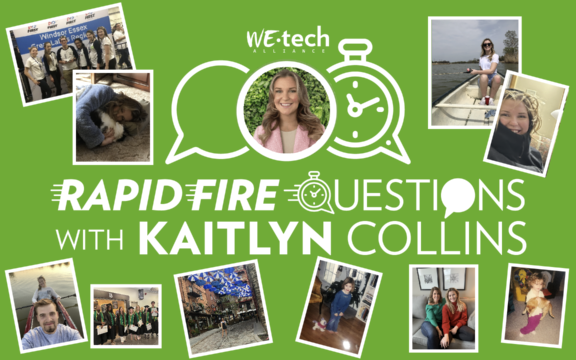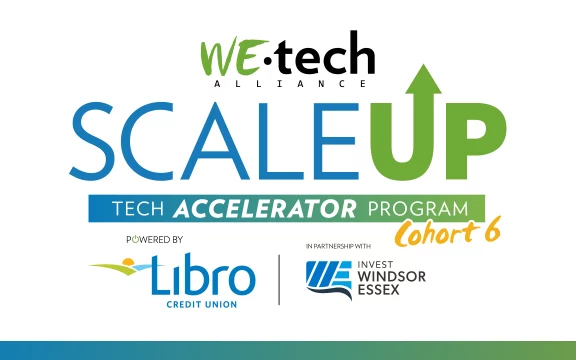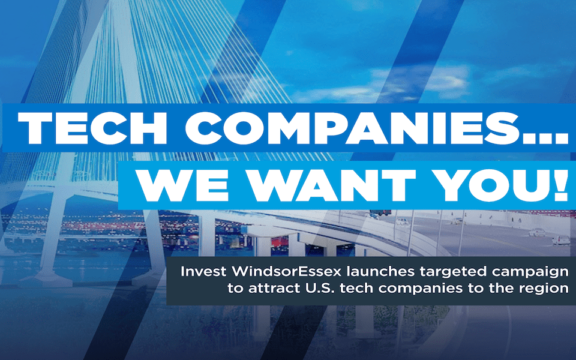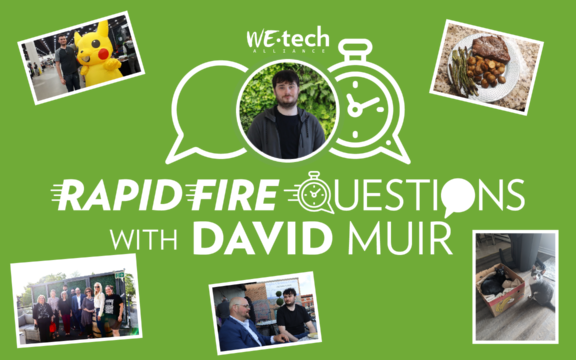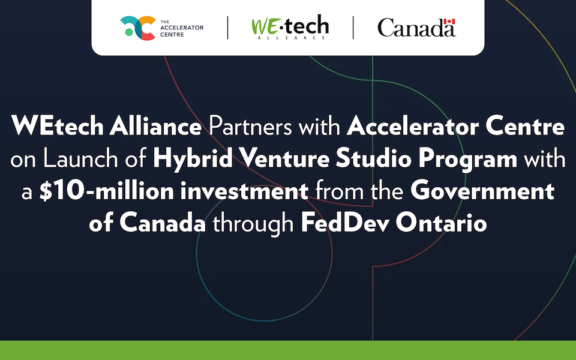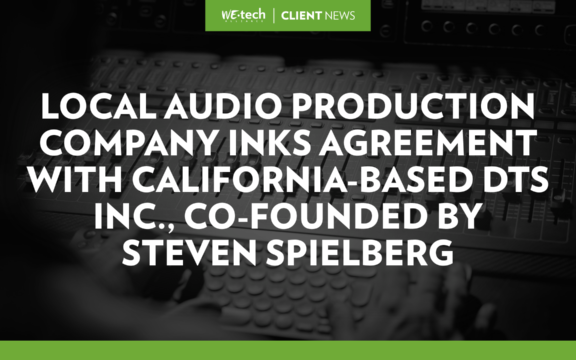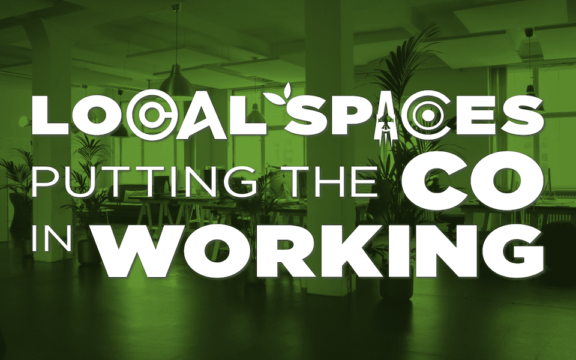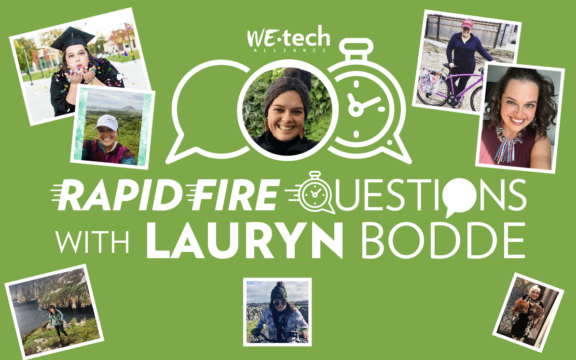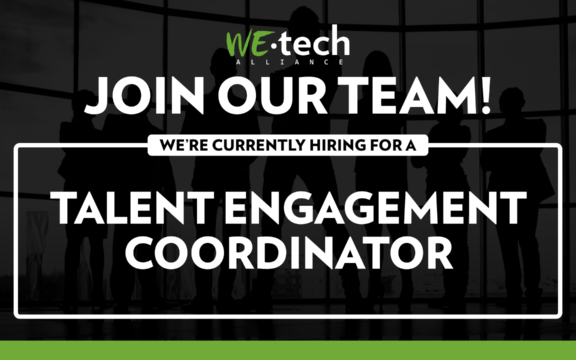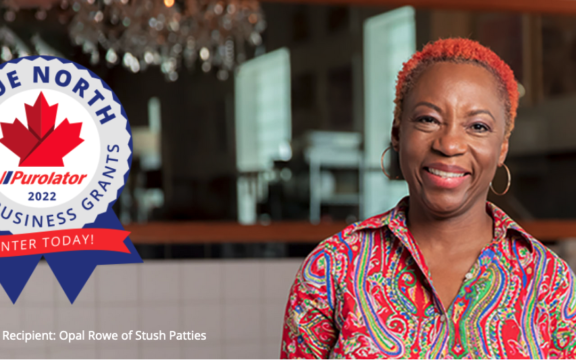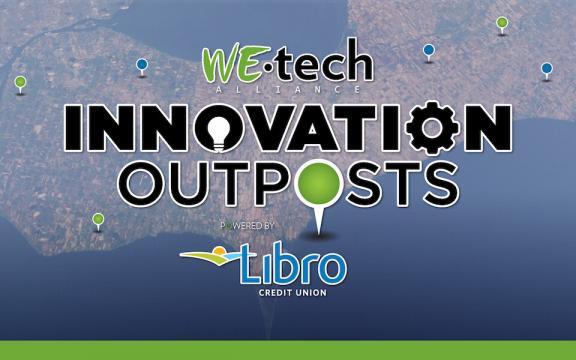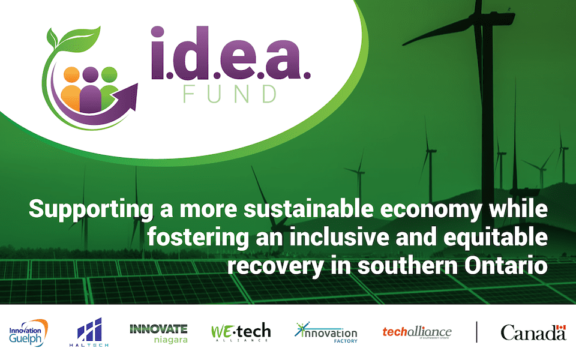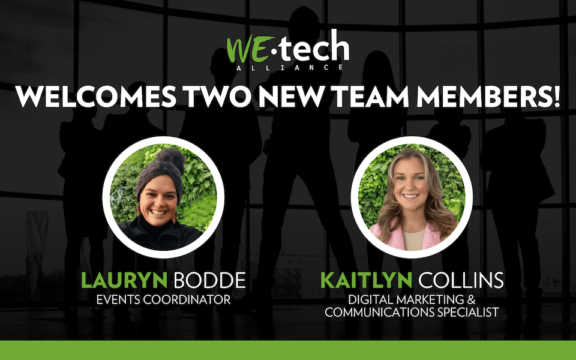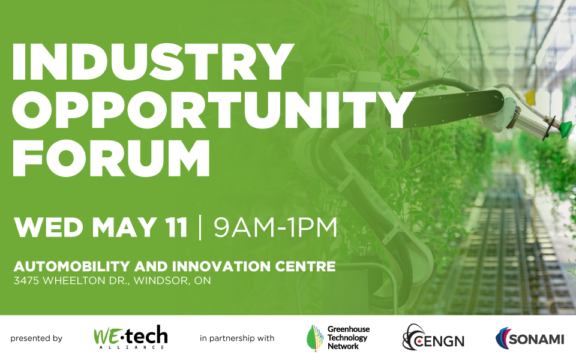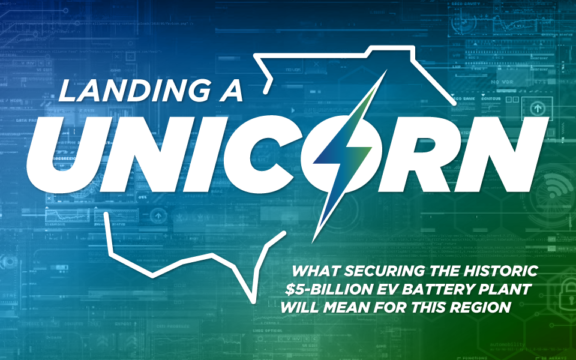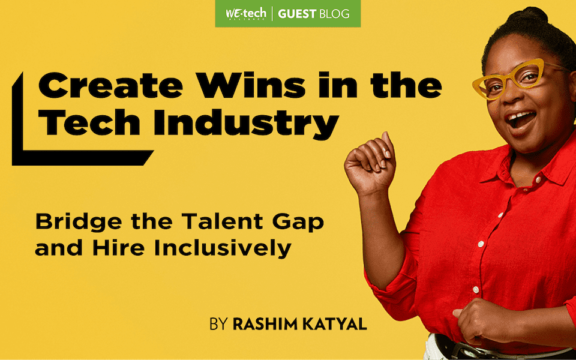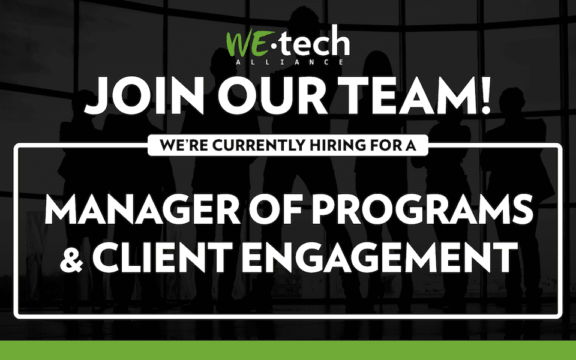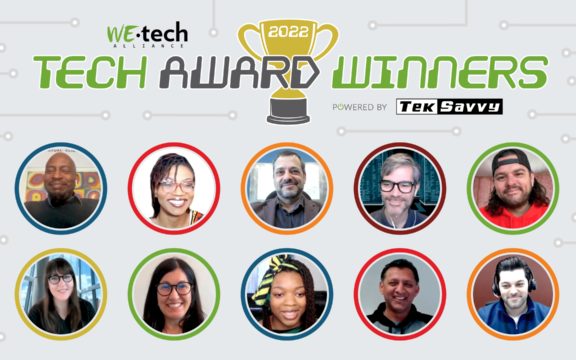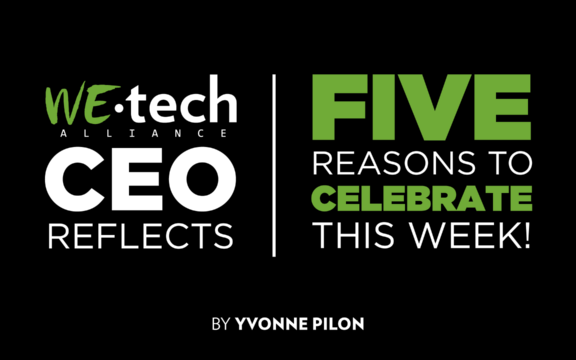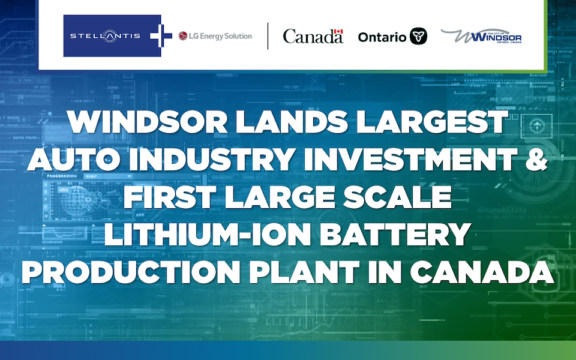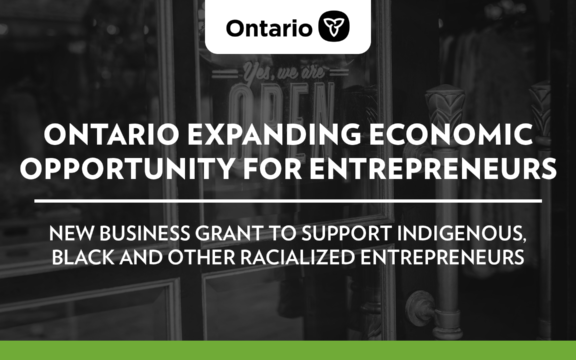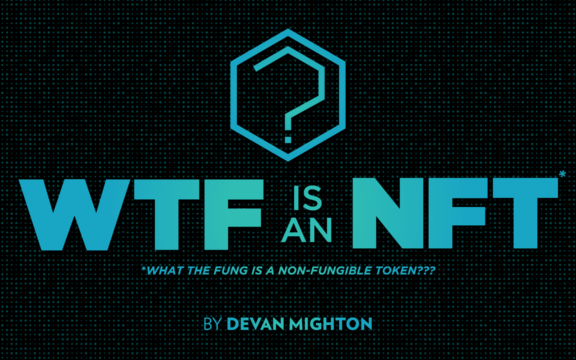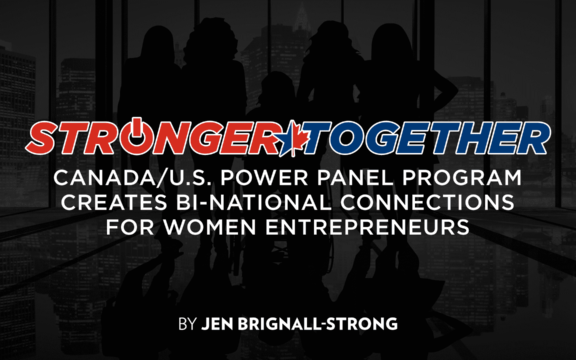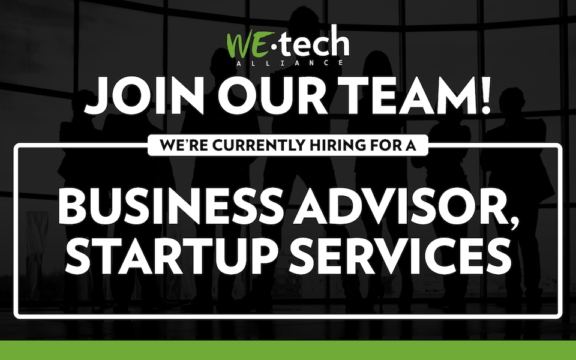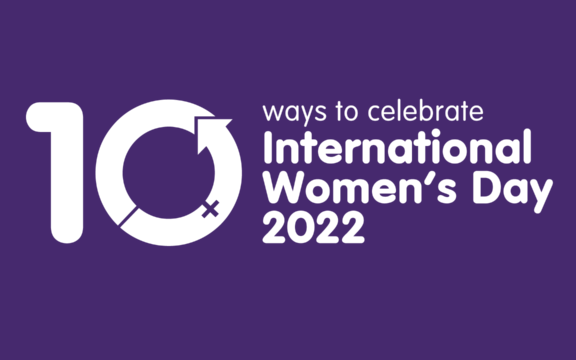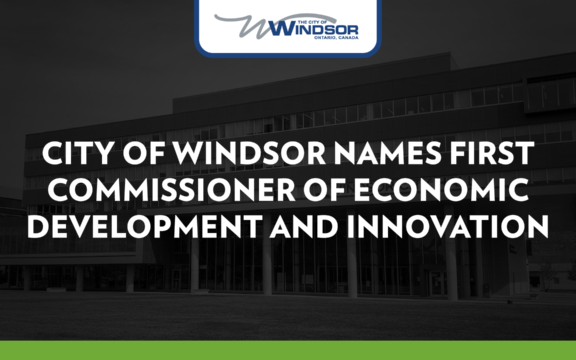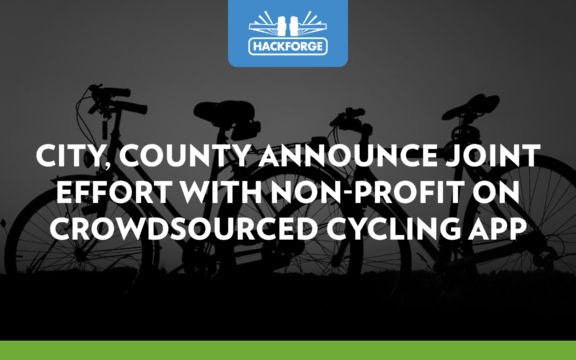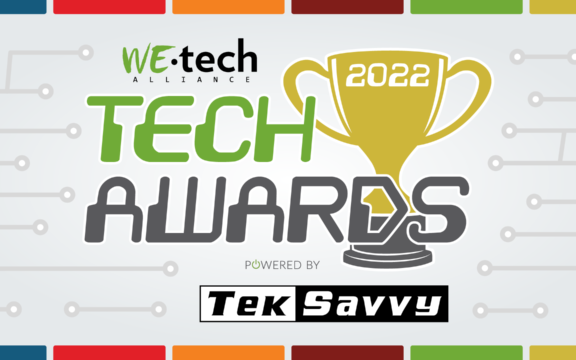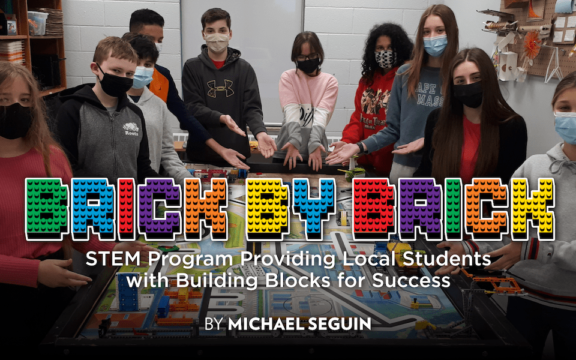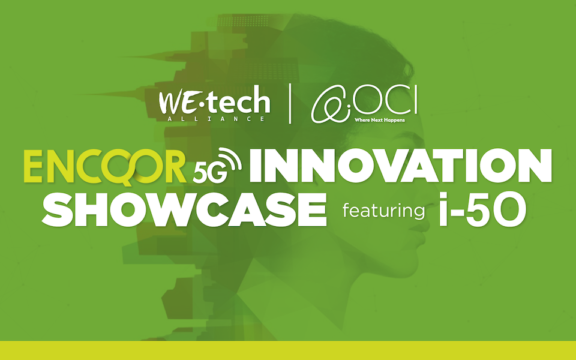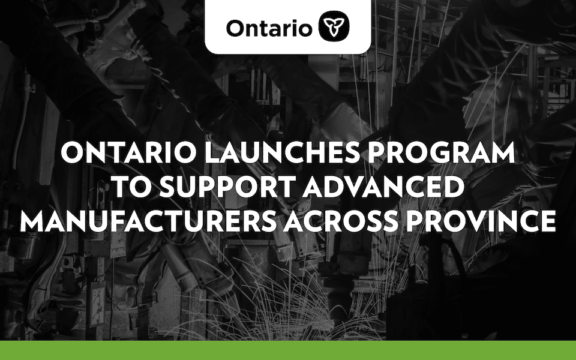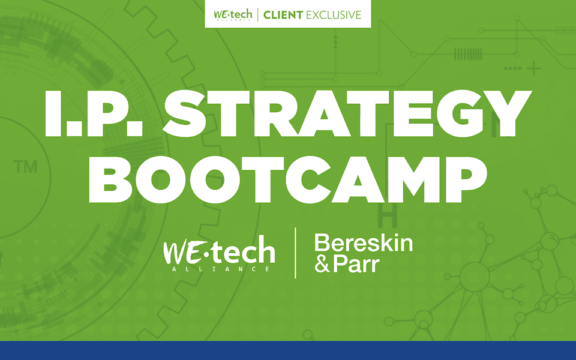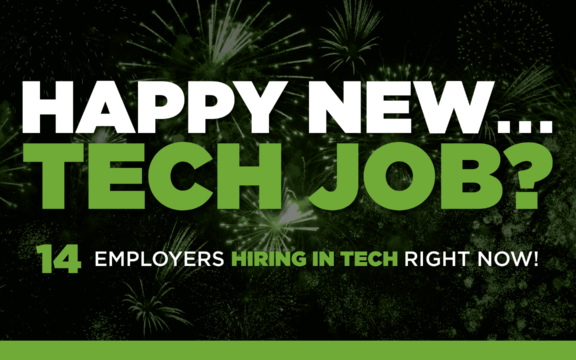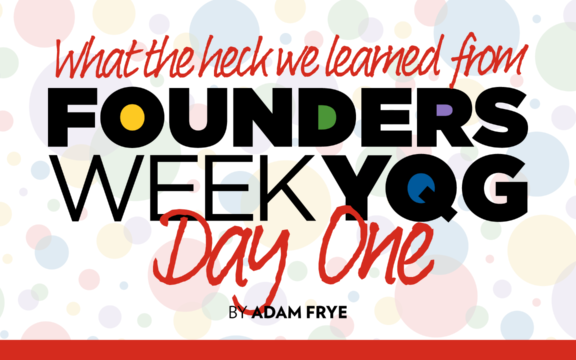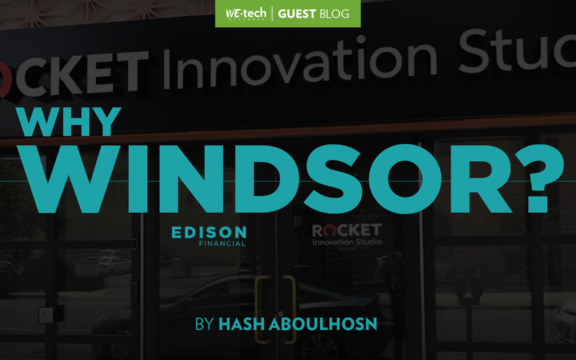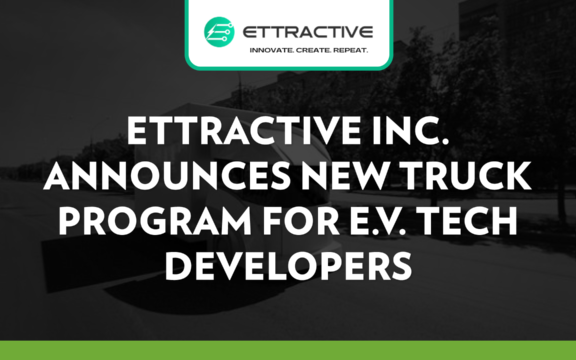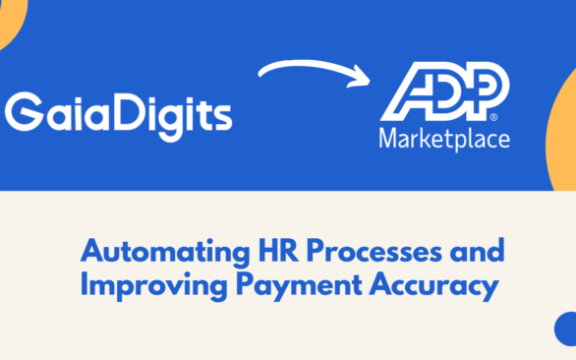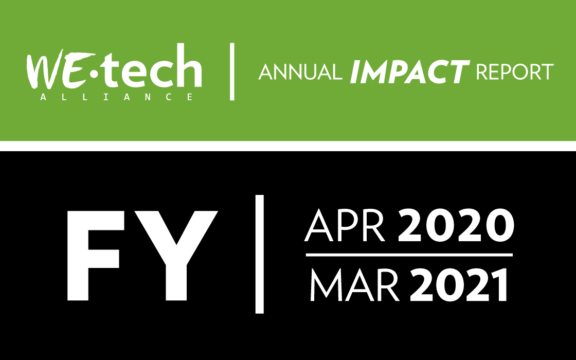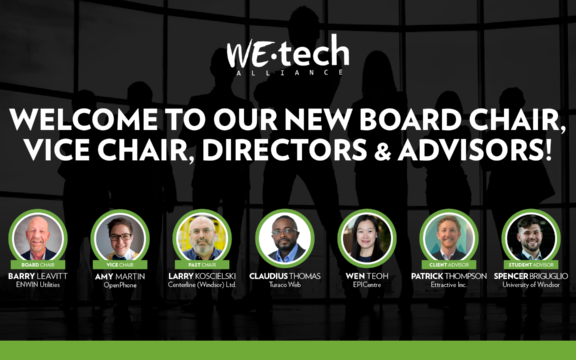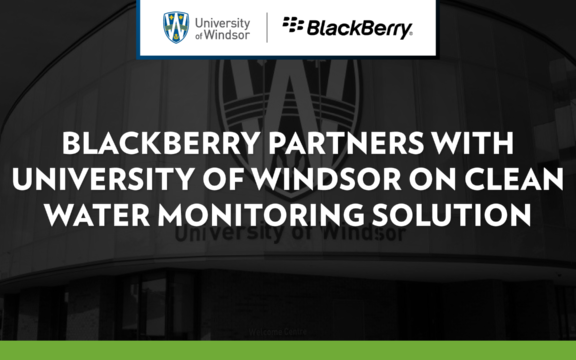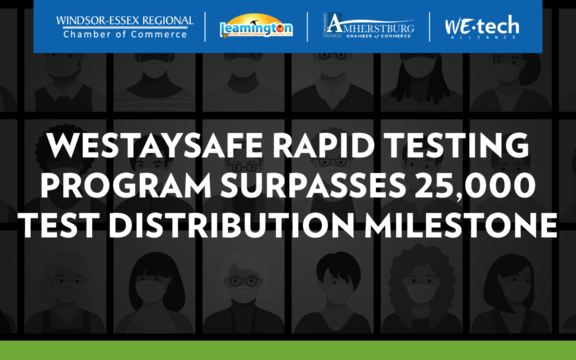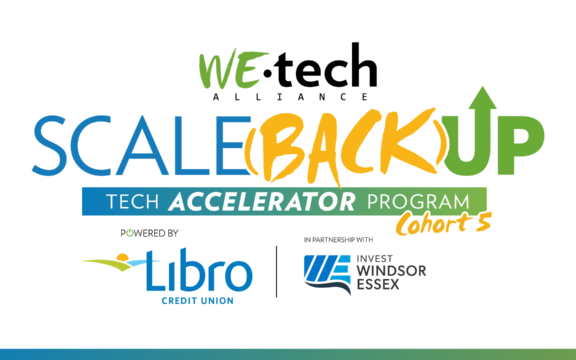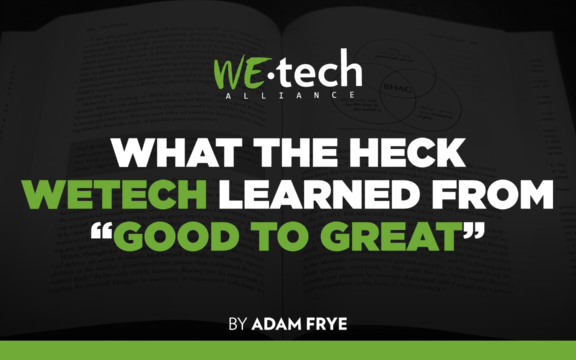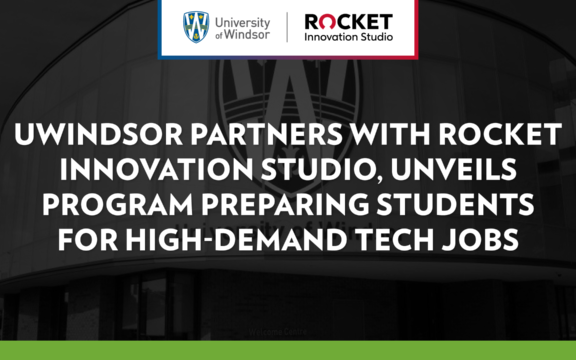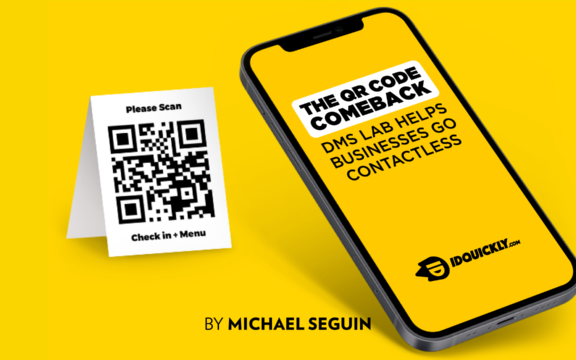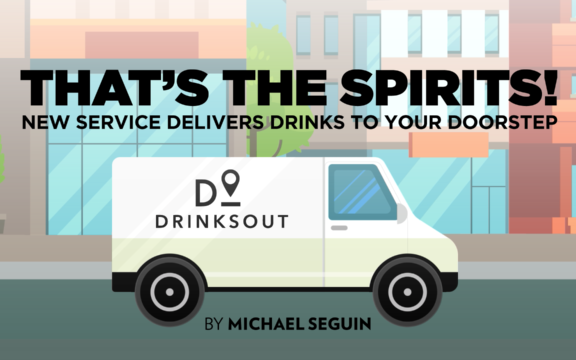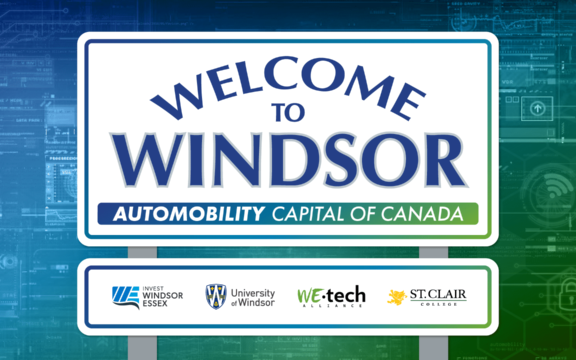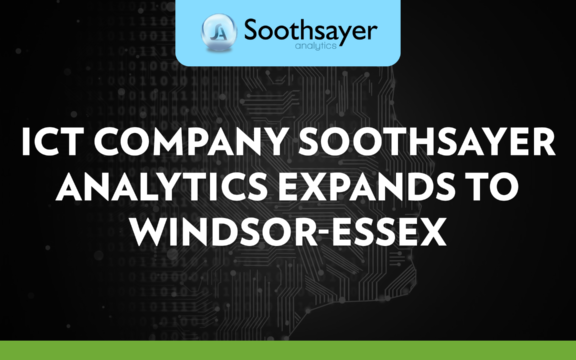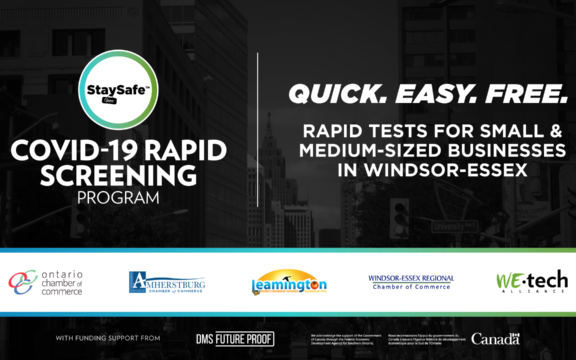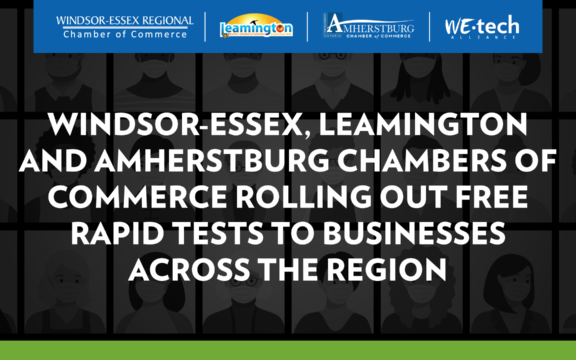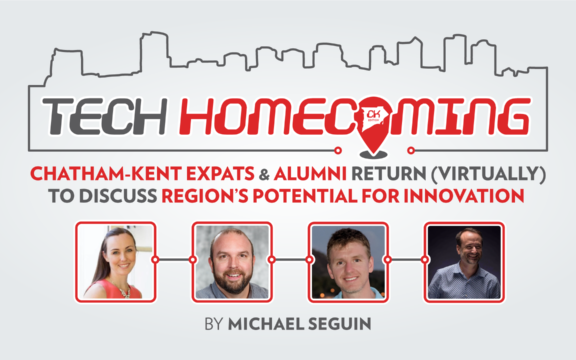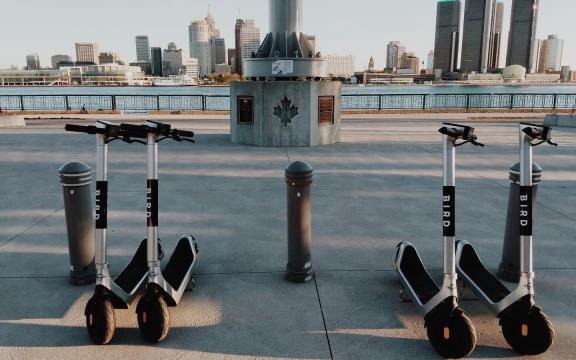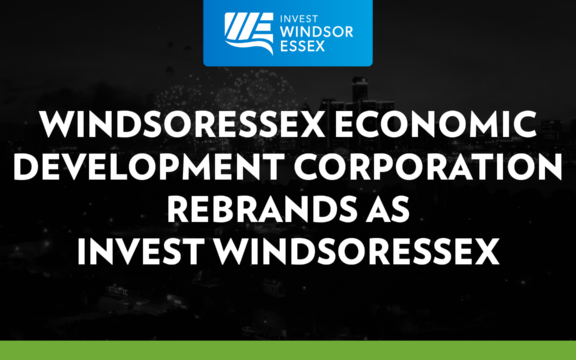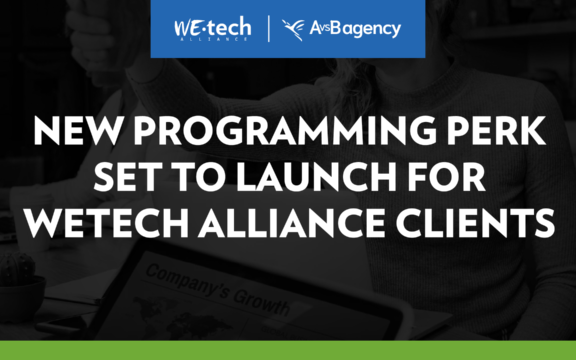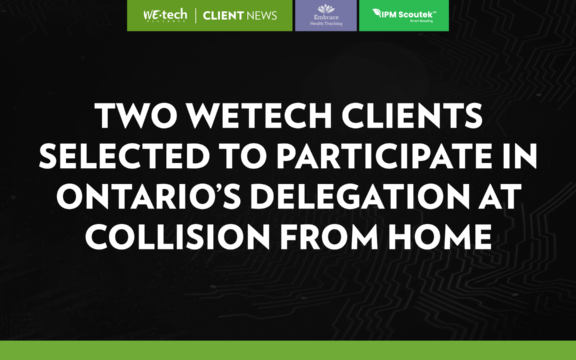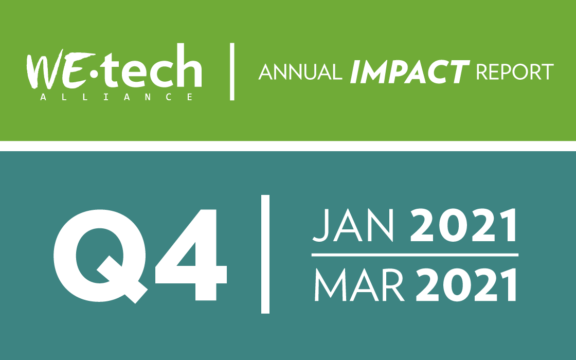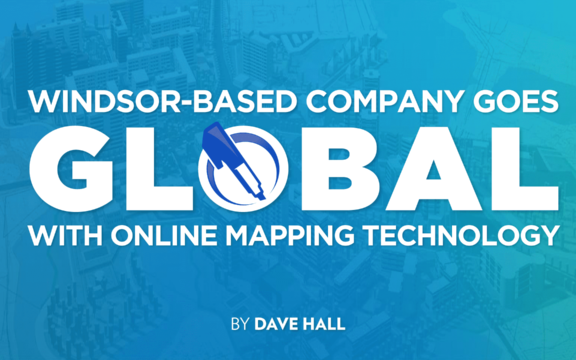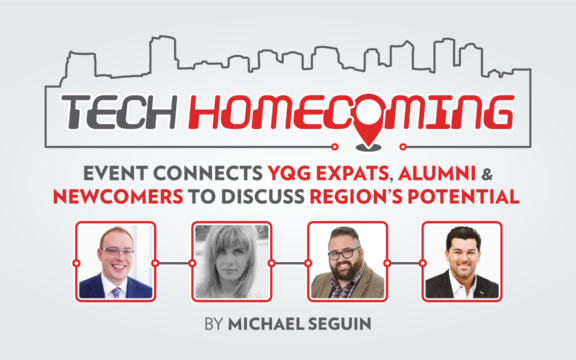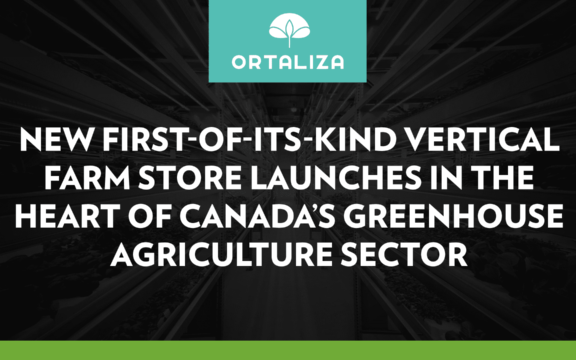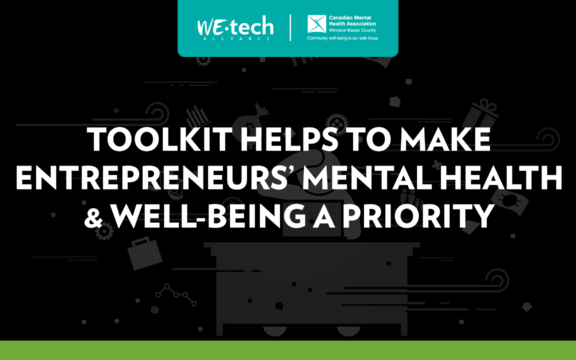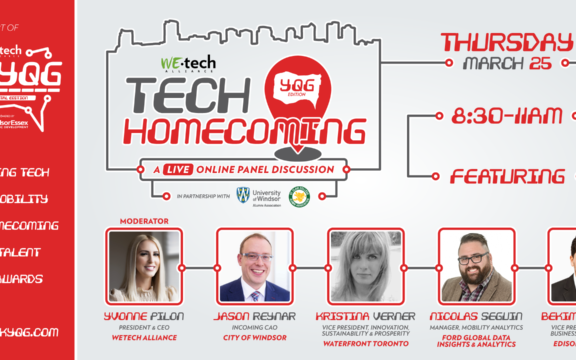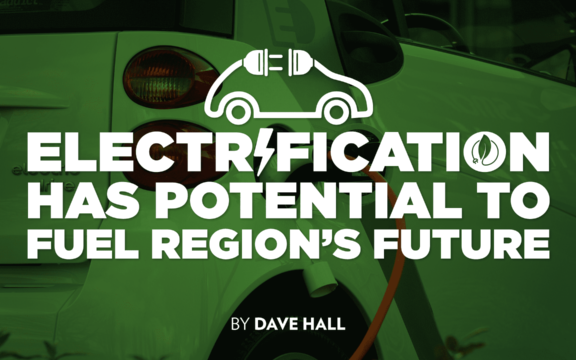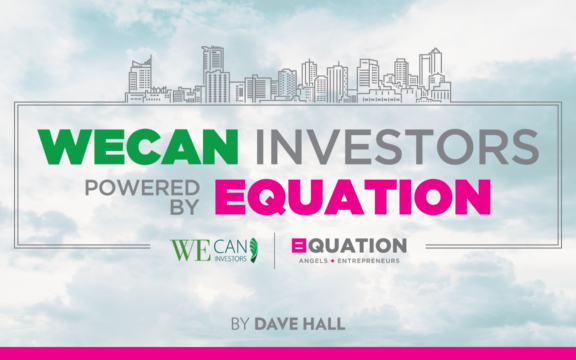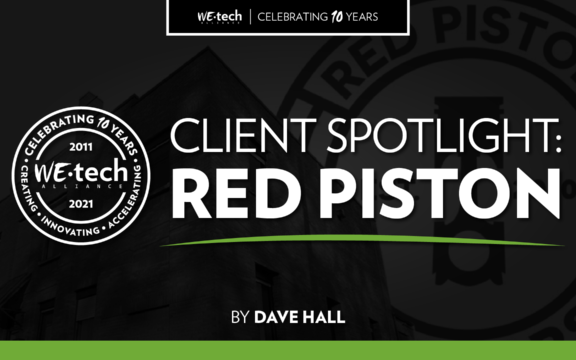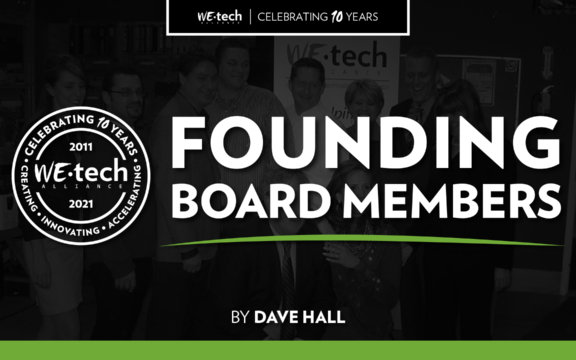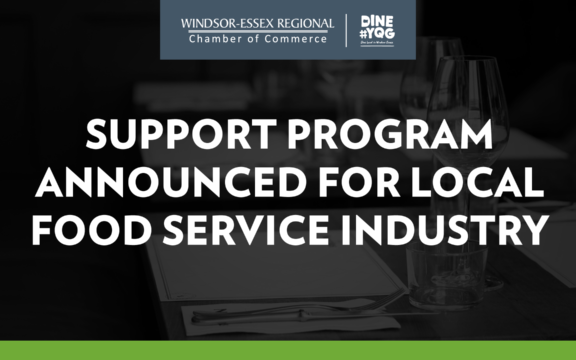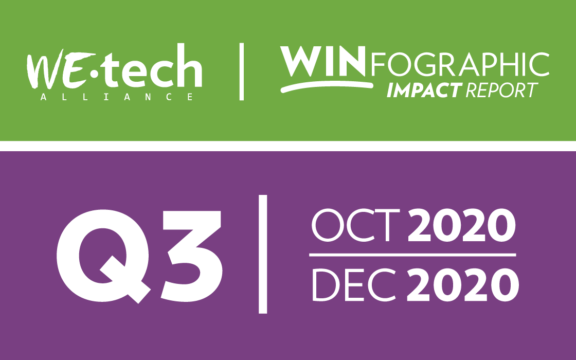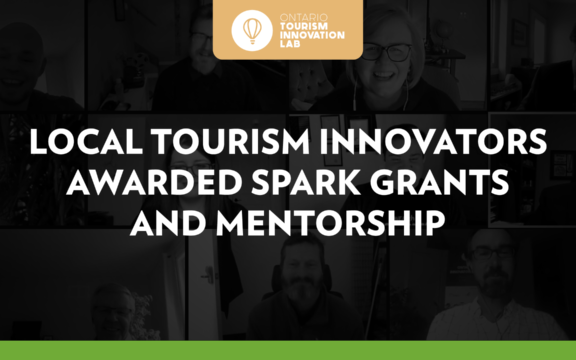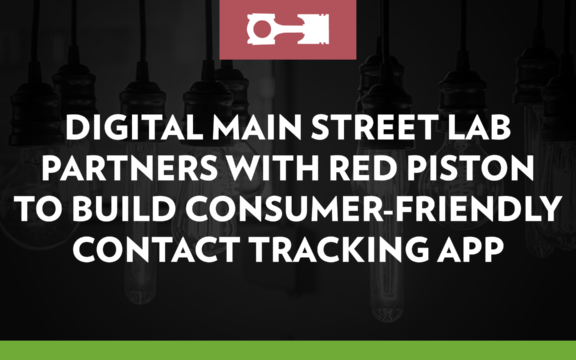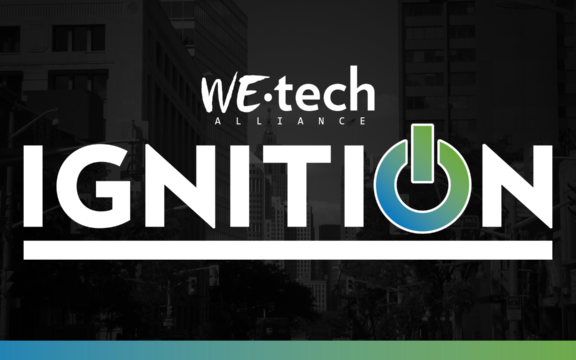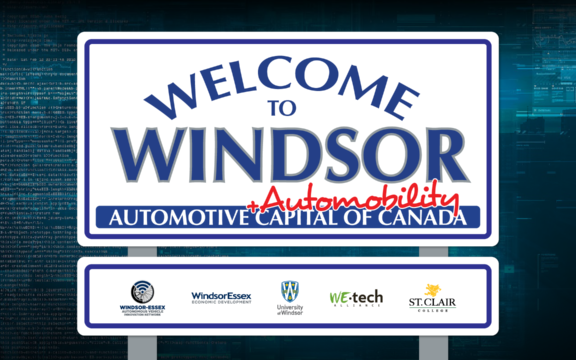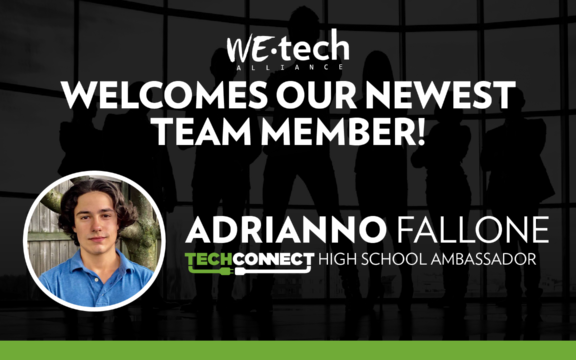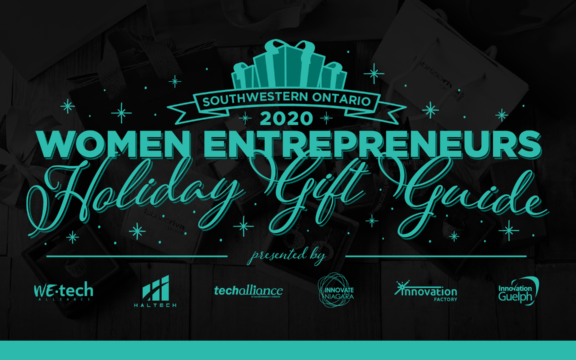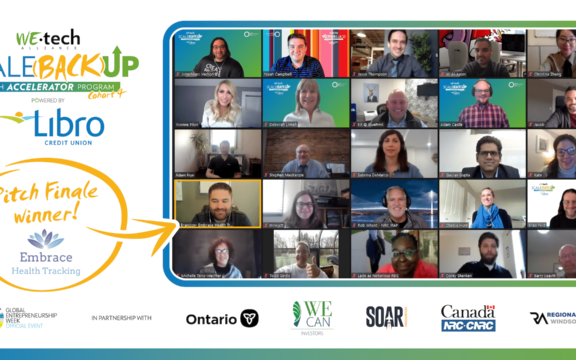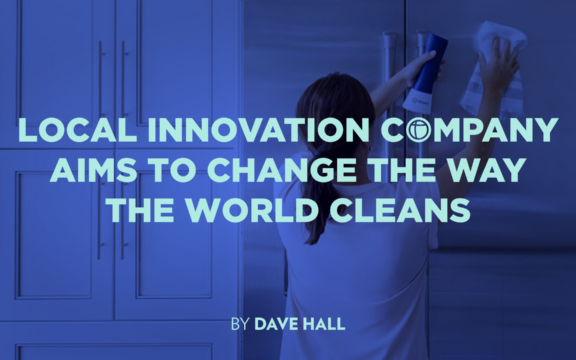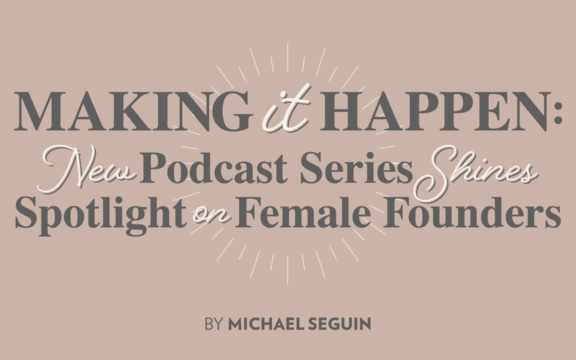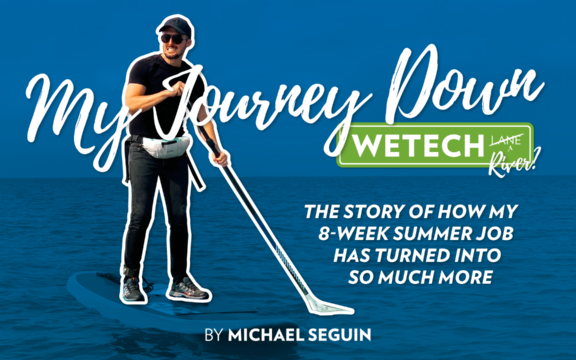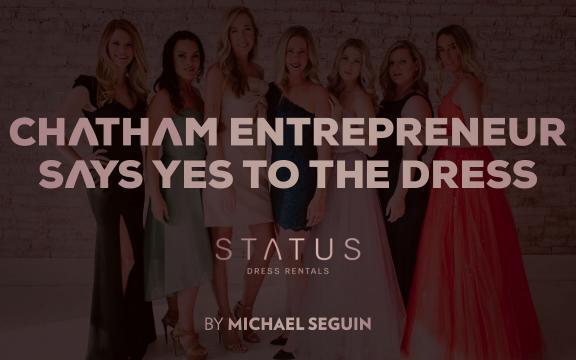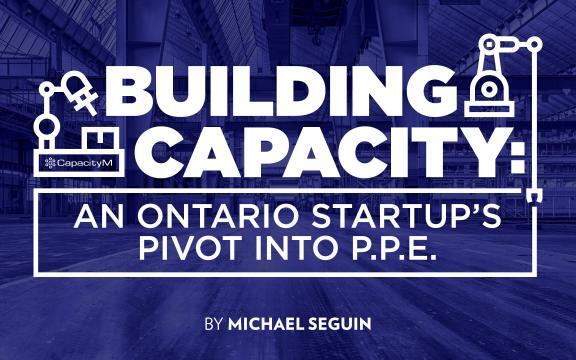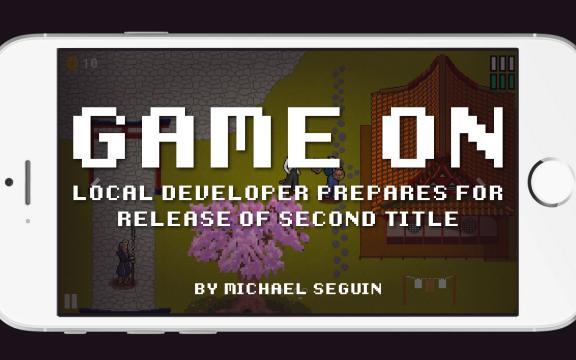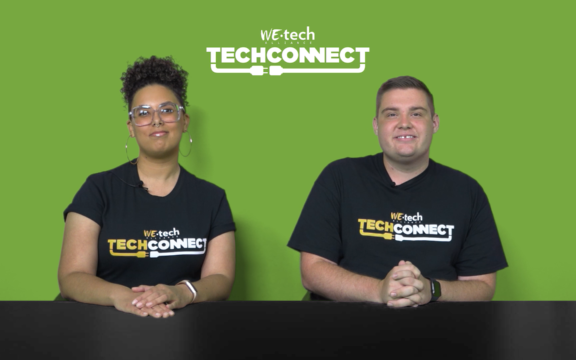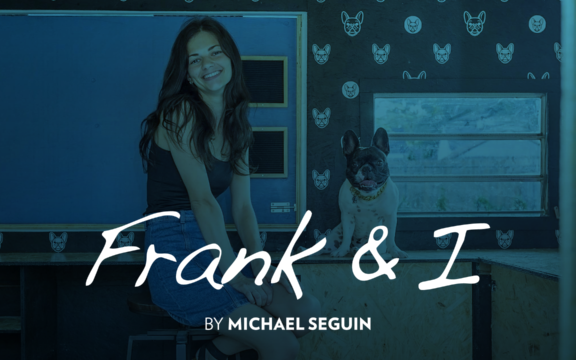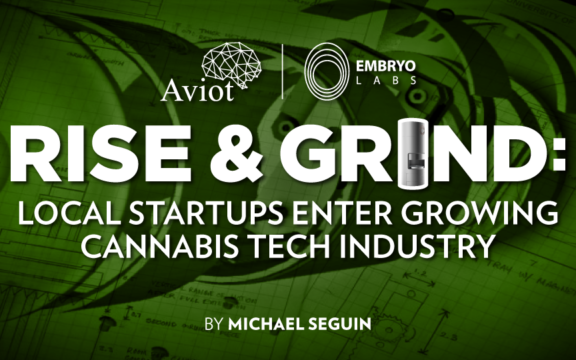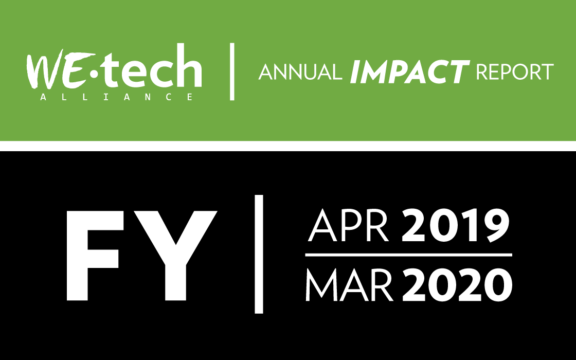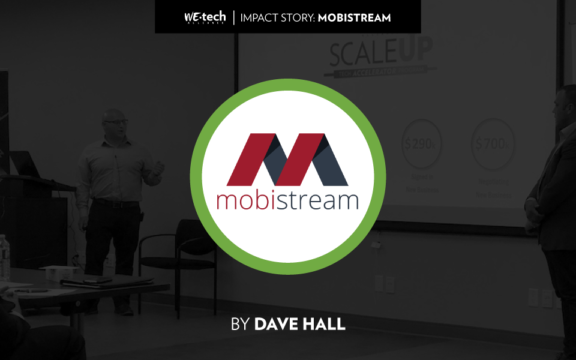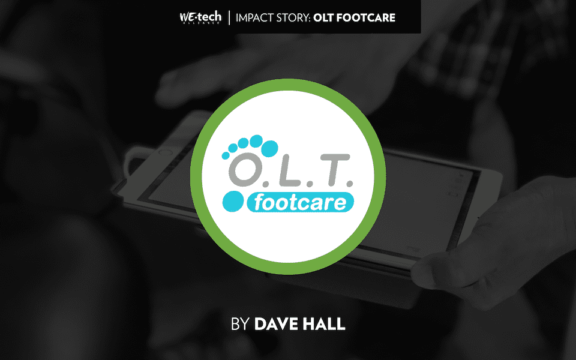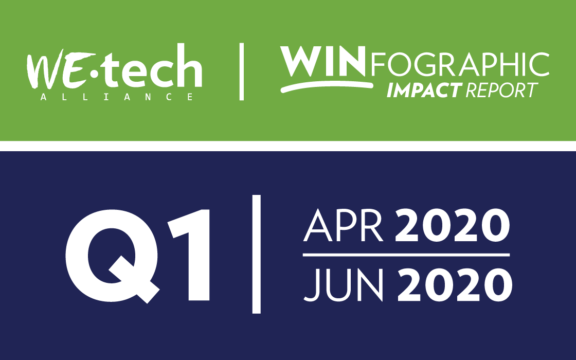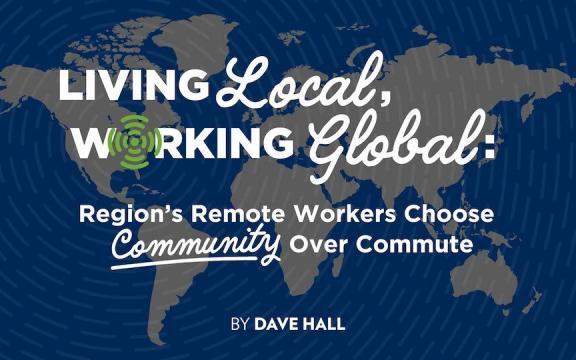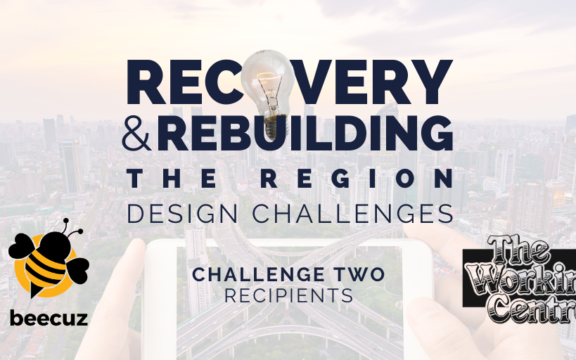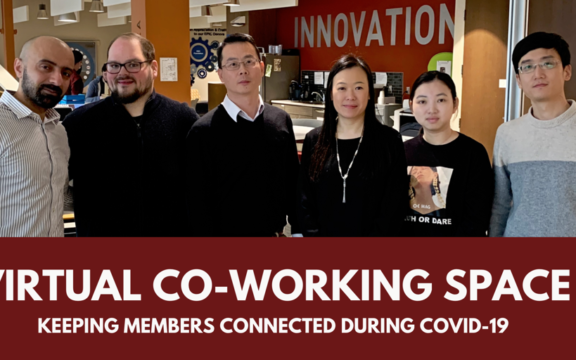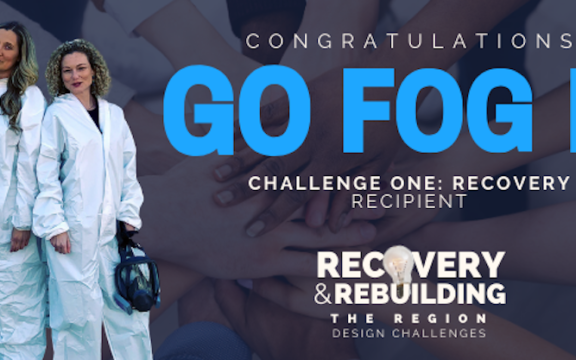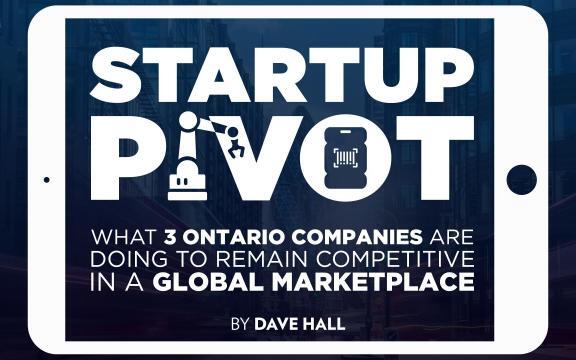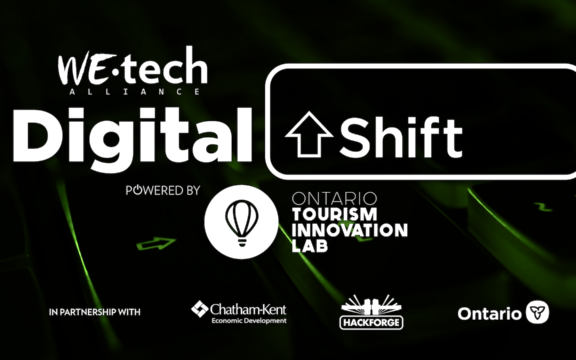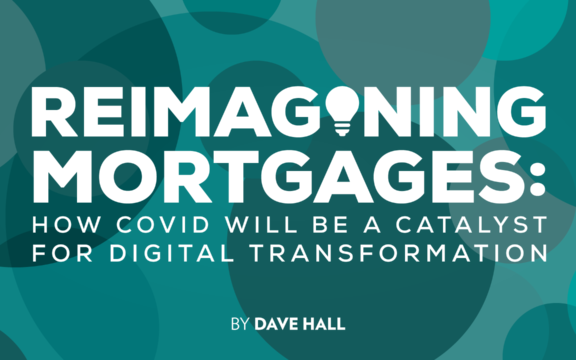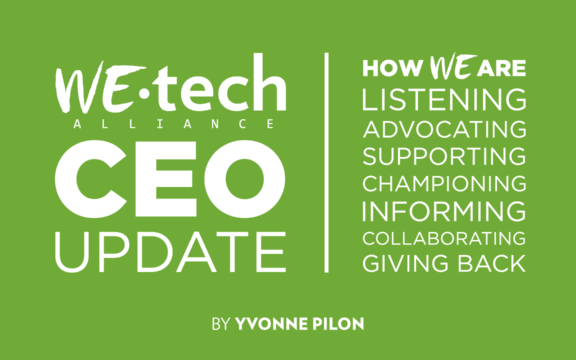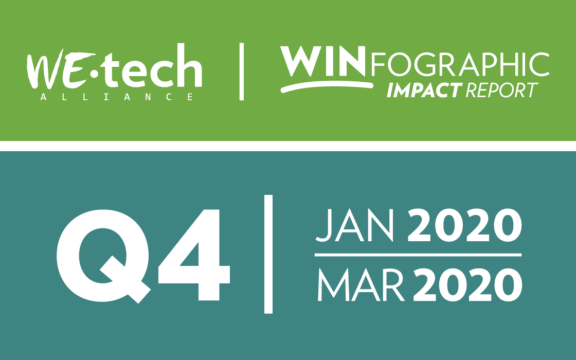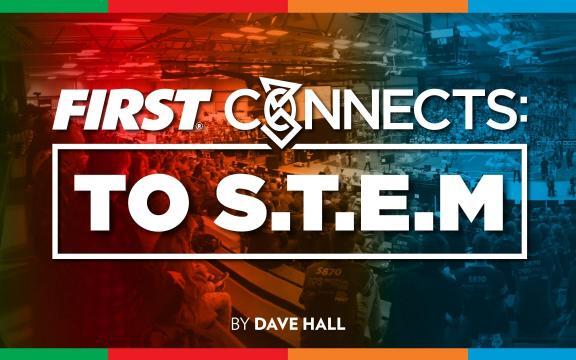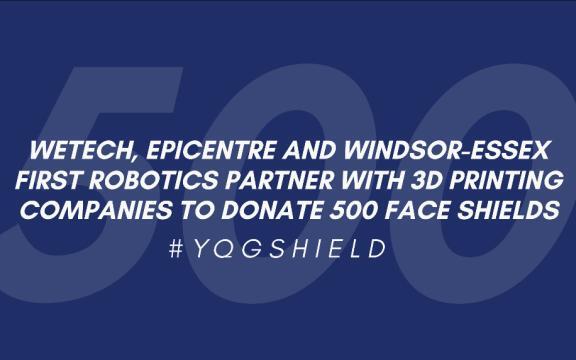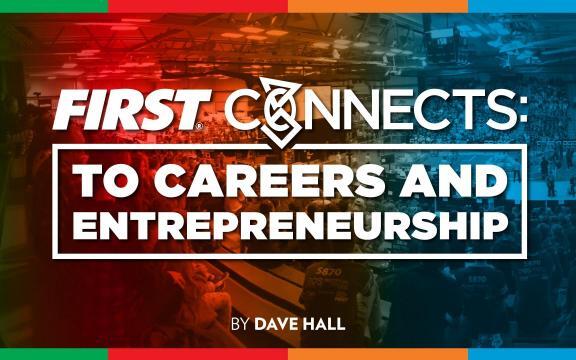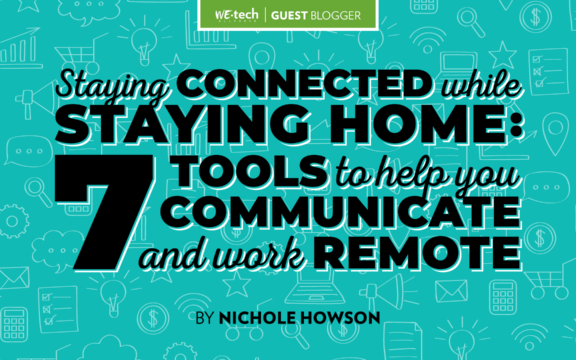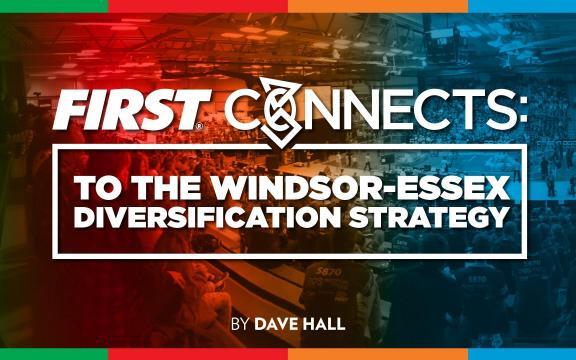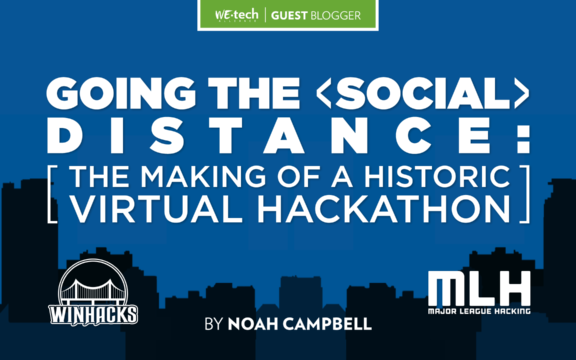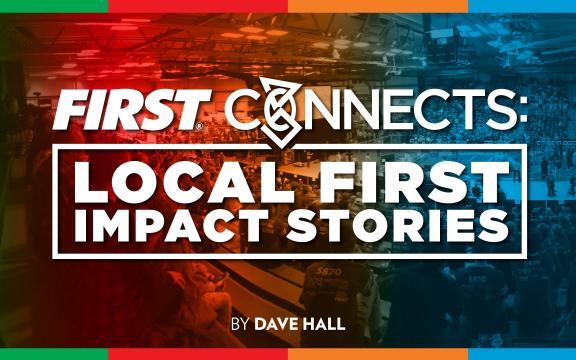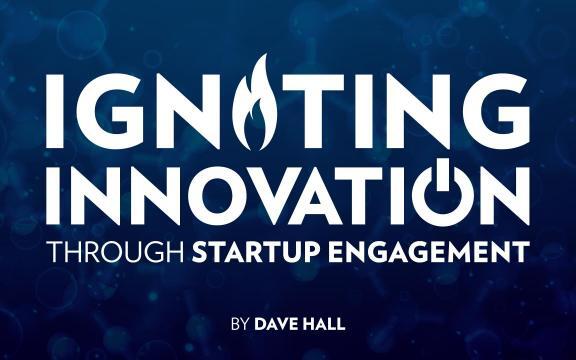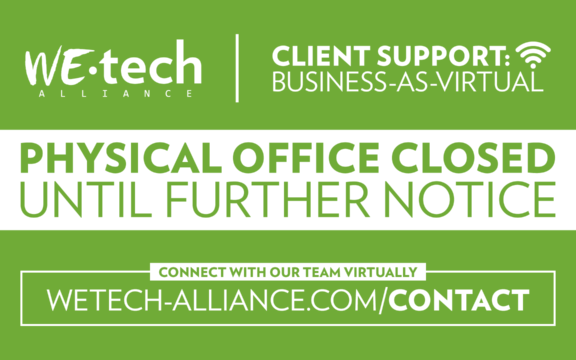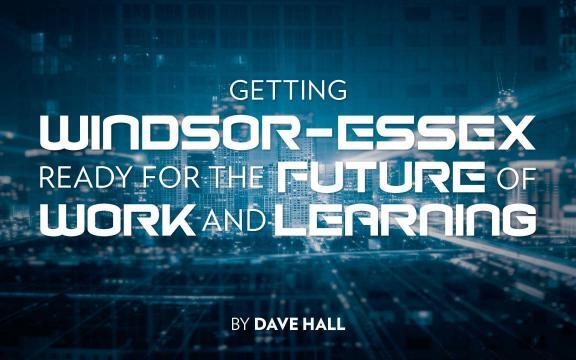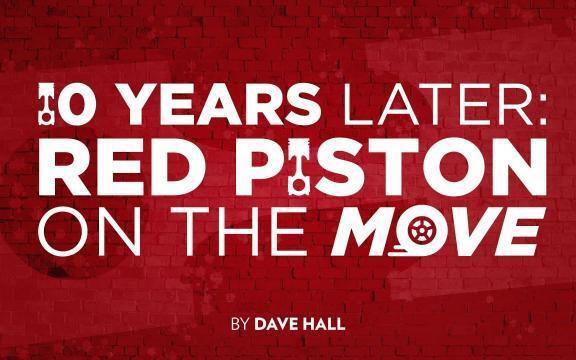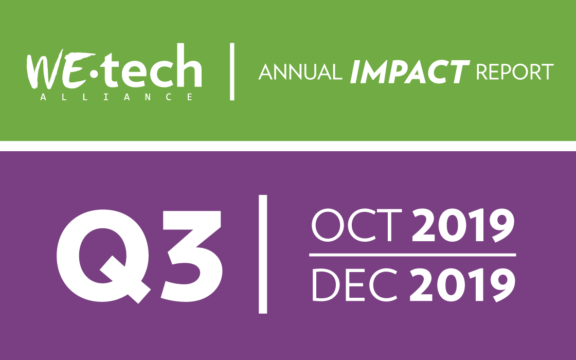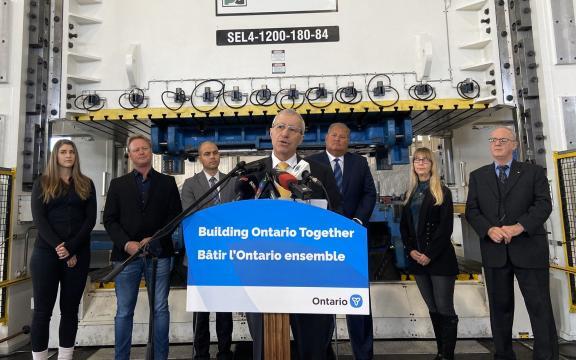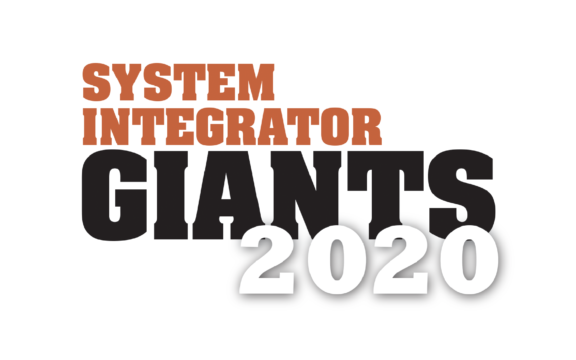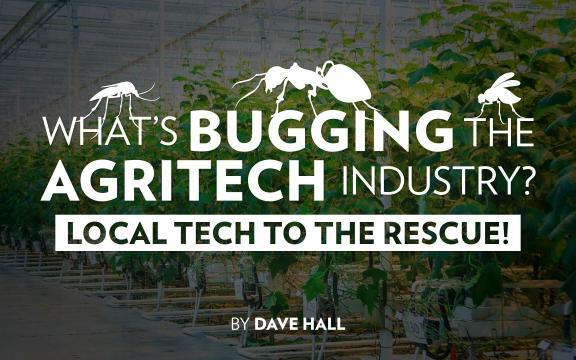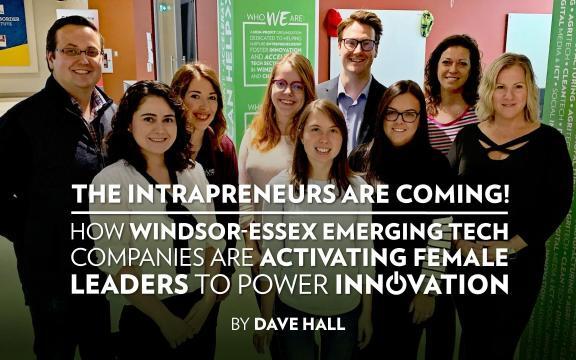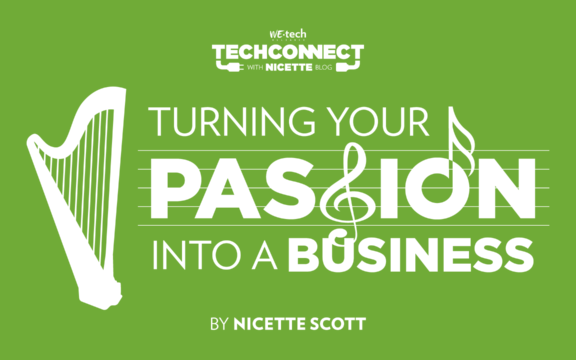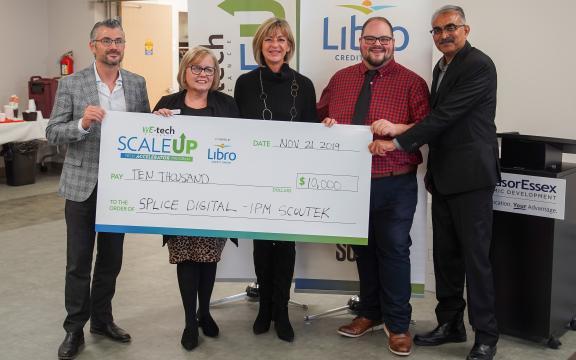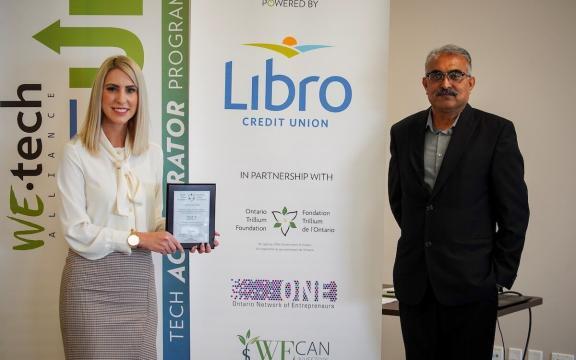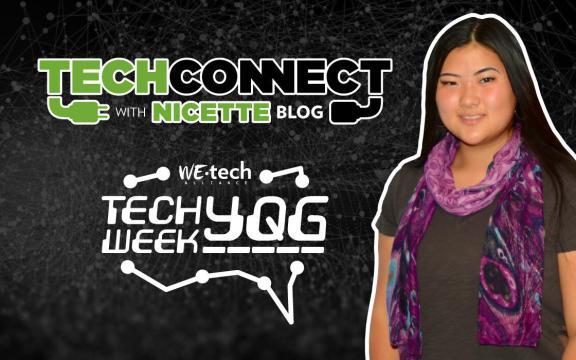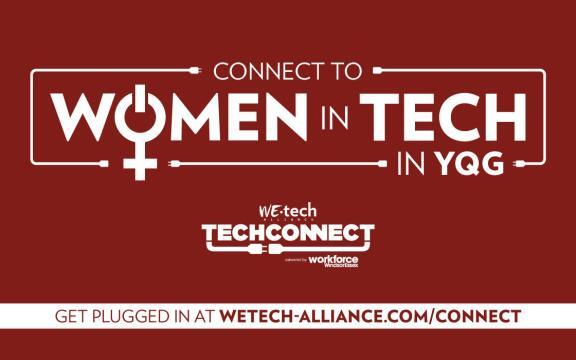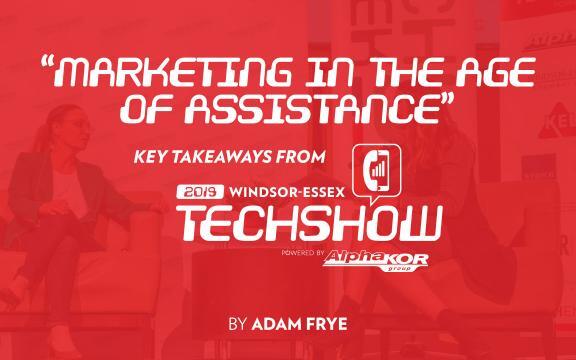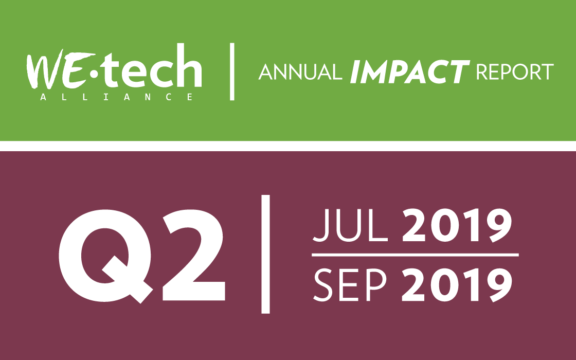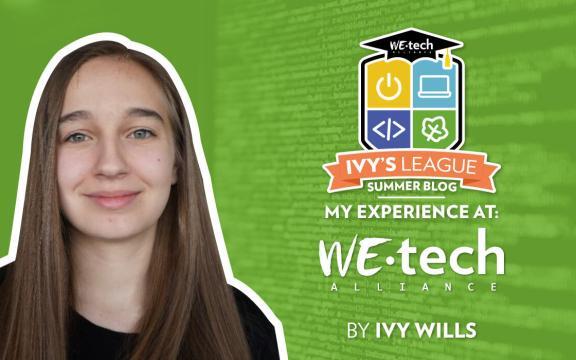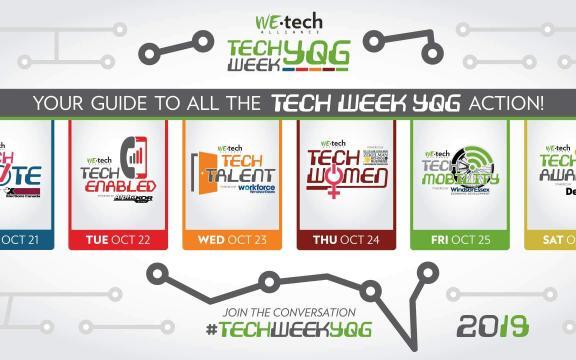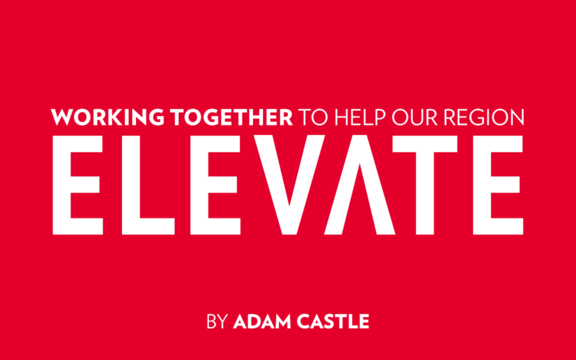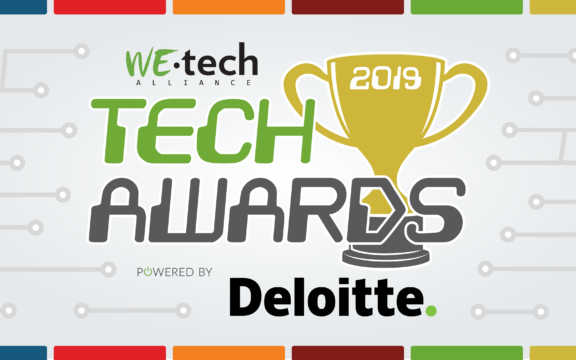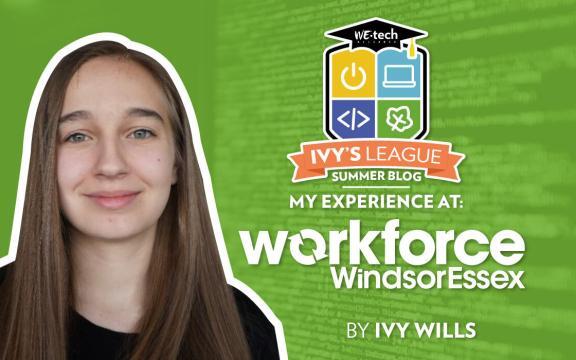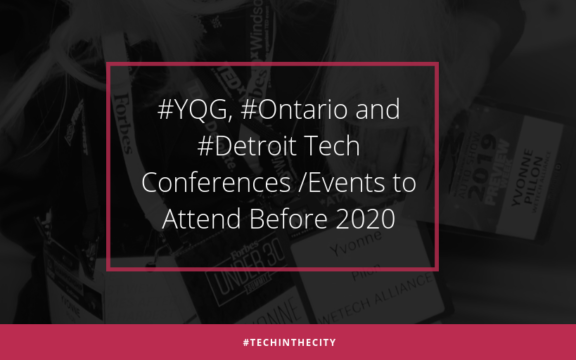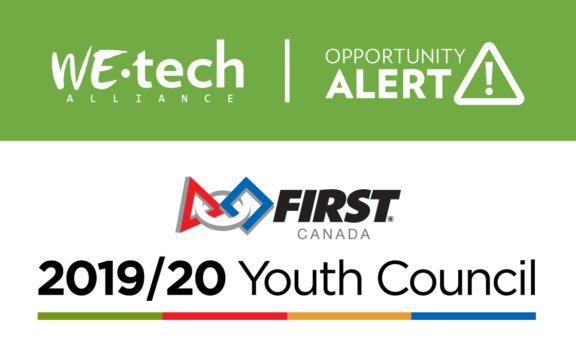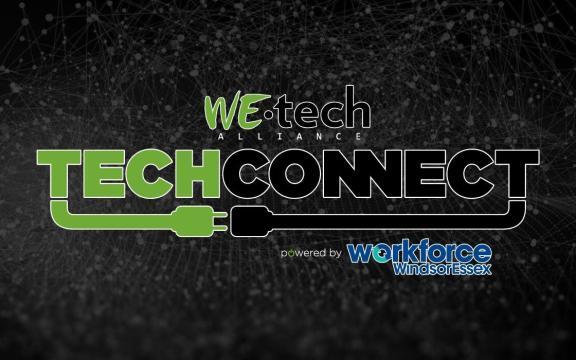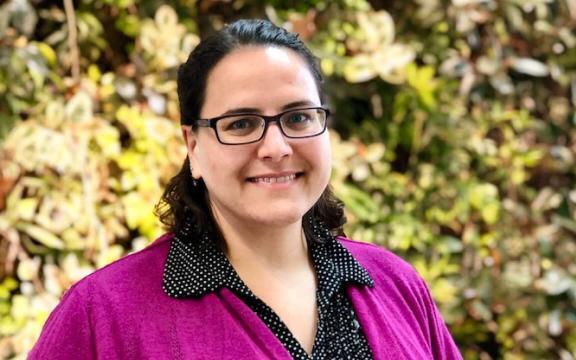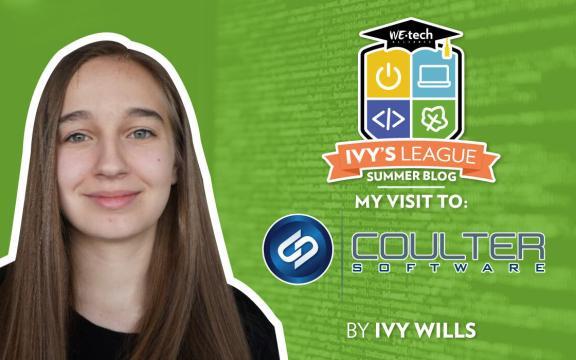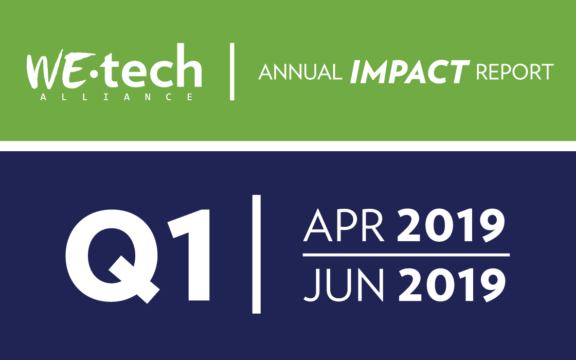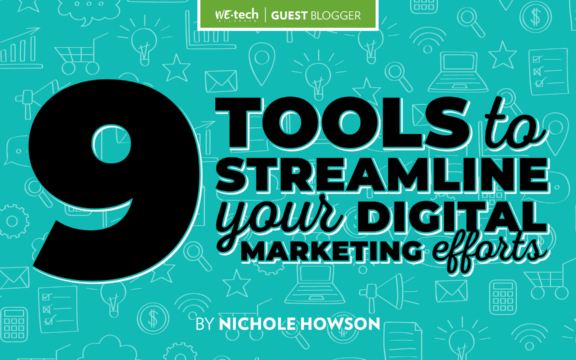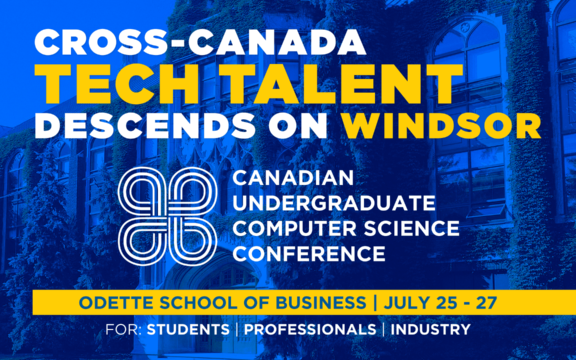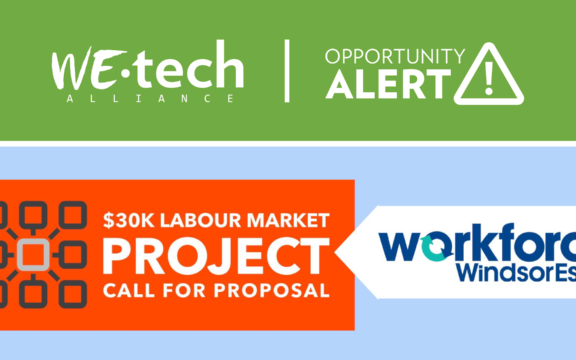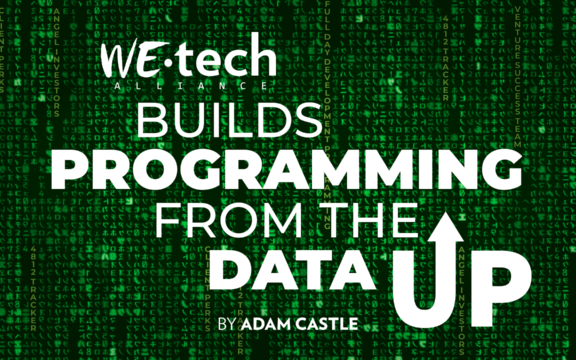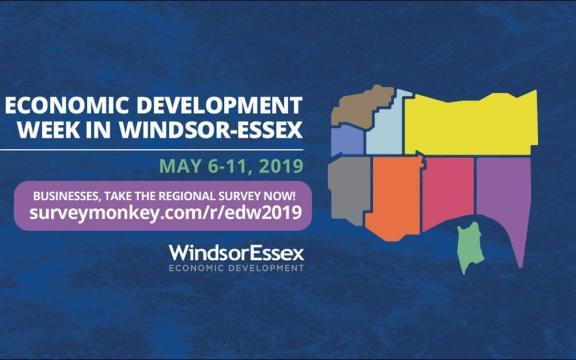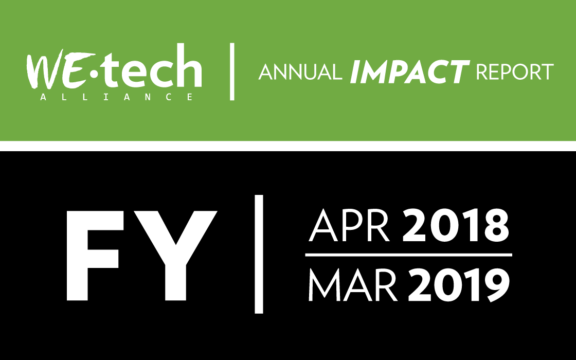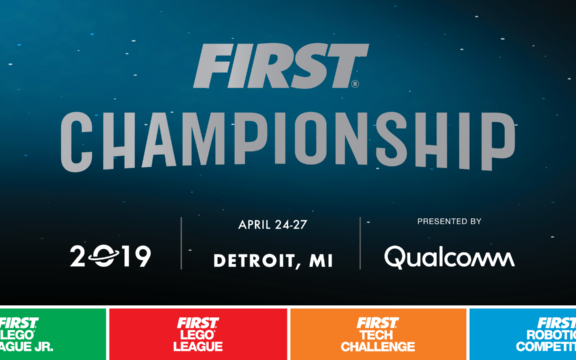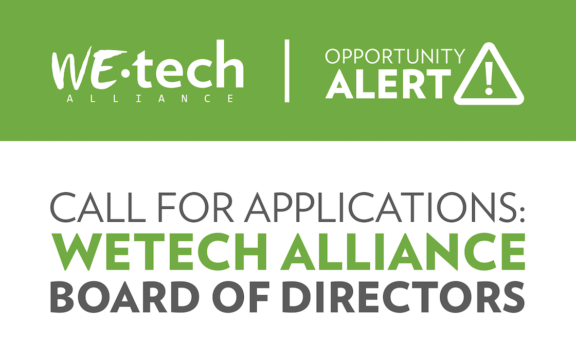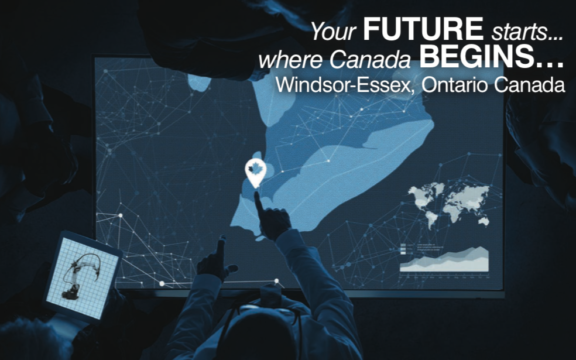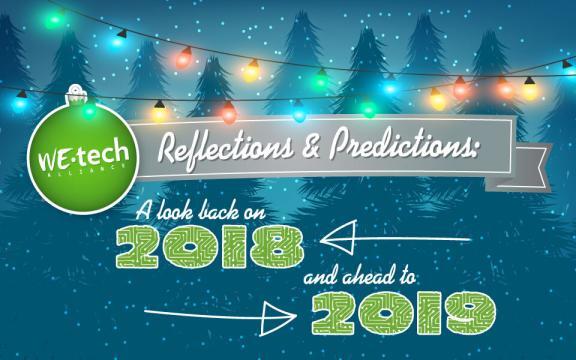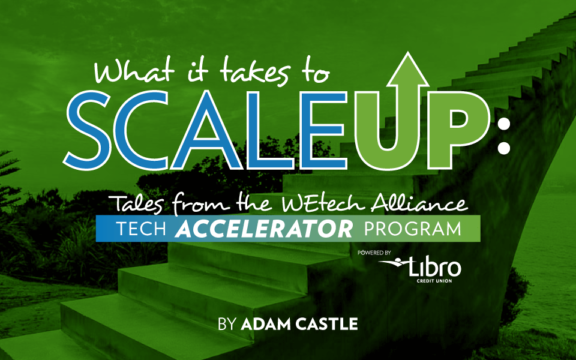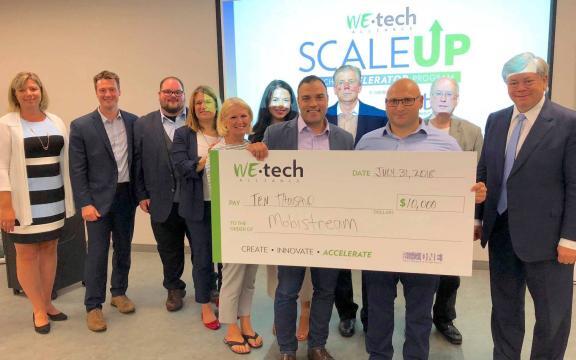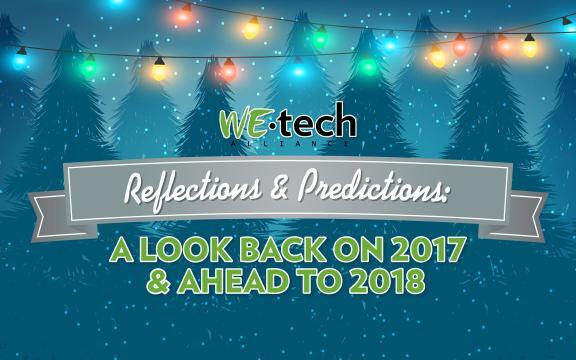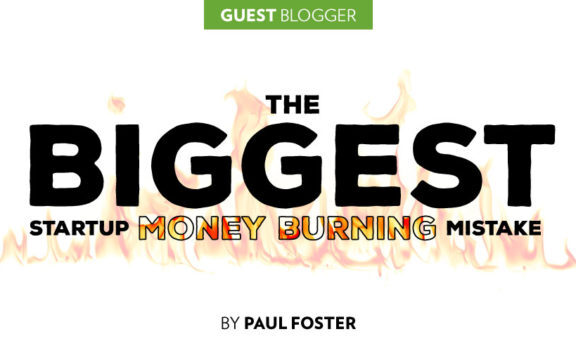As our team and community continue to grow, we have started up an internal weekly book club, focused around making ourselves better teammates, leaders, and thinkers.
It’s a new year and our team over at WEtech are now on to Book #7, and admittedly I’ve been a bit slow with these write ups (such is life, I’ll make a New Year’s Resolution to do better and all that… sorry JM). However, Book #2 was an EXCELLENT read and I highly recommend it for anyone working on building, or being a part of a startup ecosystem. (You can check out my review of Book #1 – “Good to Great” by Jim Collins HERE)
Startup Communities – Building an Entrepreneurial Ecosystem in Your City, by Brad Feld, lays out the Boulder Thesis, a methodology Feld and others used to create a thriving entrepreneurial ecosystem seemingly from scratch. It outlines the key players and their roles, the common myths associated with building a Startup Community, his Boulder Thesis itself, and the classic challenges they faced as they grow the Boulder scene.
Here’s what our team took away:
1. Entrepreneurs MUST Lead the Startup Community
A caveat here is that Feld outlines that “Leadership” can mean a lot of things, but it’s far better to start with a small, but core group of Entrepreneurs, that are dedicated to building a community over a long period of time.
In Boulder that number was 6 at the beginning, the key is to be consistent. These entrepreneurial leaders are a gateway to the ecosystem, they are a filter, a guide to what needs to be built, and the lifeblood of the entire community.
Without a strong core, most efforts will fall behind. This group can start simply as dinner, can turn into events, and even conferences or summits, but the key is to remain consistent, and grow the community of Entrepreneurial Leaders, bringing folks in and wrapping your arms around them.
2. Give First Mentality
One of the largest themes in this book is that building a startup community takes a really long time, and those folks deeply interested in making it happen will have to go into the process with a Give First Mentality, or in other words, knowing that the rewards will show in odd ways down the road or maybe never.
Feld describes that in Boulder, although there is some competition between companies, especially over talent (there’s that word again), the community is defined by a strong sense of collaboration and a philosophy of giving before you get. So much so that the community is able to self regulate out bad actors.
If you’re to build a lasting Startup Ecosystem, competition can’t be a detractor. Instead, trust, empathy, and engaging with an infinite mindset is the path forward.
3. Common Myths About Startup Communities
These were wonderful, and reflect many of the discussions I have had locally, so I wanted to share two:
1. We need to be like Silicon Valley
As Feld says, you can’t, so don’t try. Instead, focus on creating what he calls, “permeable boundaries” where entrepreneurs, ideas, and and the ecosystem can move freely and collide. Leverage your own assets to find your uniqueness, and build on it.
2. We need more local venture capital
Less than one in 5 (at the time of writing) of the fastest growing businesses in the US take on capital and less than .5% of all new businesses do. Instead, put an emphasis on driving sales and borrowing against them as needed. As much as entrepreneurs tell you they need capital, their biggest needs are actually mentorship and access to larger markets.
Now this book was written a few years ago and the landscape has changed slightly, however, I wanted to highlight this point as it’s one of the core first questions every WEtech client asks upon walking through the doors.

Brad Feld (left) speaks to the attendees at our Scale(Back)UP Cohort 4 Pitch Finale in November 2020.
In this book our team was shocked by how many parallels there were between the early days in Boulder that Feld describes, and today’s landscape in Windsor-Essex and Chatham Kent.
Here a few takeaways that hopefully provide some thoughts for those engaged in building startups and the entrepreneurial community locally.
4. Become Hunter Gatherers, Not Providers
The goal of any Startup Ecosystem is to have it lead by Entrepreneurs. That means across the board, not just agencies looking to develop programming, or capital networks looking to fund Startups, but EVERYONE should be leading with the lens of “How Do I Know This Is What Our Founders Need.”
A great measure for this Feld uses is a bit cheeky but serves a point. Whenever he goes to a Startup Event to speak, he asks everyone in the room who is in government or is a non entrepreneur to raise their hands, he then asks the entrepreneurs in the room to raise their hand. If it’s not at least 60% Entrepreneurs something has gone wrong and he points it out.
Our goal locally should be to facilitate the connection between entrepreneurs and the resources they need to scale. In order to do so we need to actually ask them face to face what those needs are and then go and try to find the best assets in the world to collide them with. That means two things.
First, that we need to bring together a strong core of entrepreneurial leaders willing to commit to the work of building this community over a long period of time (I believe there are MANY out there to choose from).
Second, we need to listen and grow our own networks locally and internationally in order to make those connections and bring those supports. Program building has its place, but at the top end of the scalable companies, they need so much more than a program to support their growth, and we need to come together as a community and work together to drive those connections.
This year we hope to bring back our Tech CEO peer group, if you’re interested in being one of these foundational players, let me know and let’s connect.
5. Meeting Every Entrepreneur
Windsor-Essex traditionally functions as a big small town where all of the players are relatively known, but that’s changing.
People are moving here, people are working remotely, and more and more people are working on really interesting businesses than ever before. Focusing on giving these folks an easy path into the ecosystem, and actively going out to find them and introduce them to the community will be critical to our long term success.
6. We may not be Silicon Valley, but we can be Ourselves
Over the course of the past 5 years we have seen pockets of Innovation Assets blooming across our region, and even more across the border.
In Essex County, we have the second largest Greenhouse footprint on the planet, next to Holland. This industry is undergoing a technical revolution and there is no reason we don’t create the Agritech Startups of the Future, like IPM Scoutek, Ortaliza Farms, and EZCrops, as well as a network of support in this vertical around them so they can scale global while staying local.
We have a massive investment, both new and old in Automotive/Automobility, we should be leveraging these assets to understand how we can better collide companies like Optimotive, Ettractive, and Durobyte with the core players building the next generation of Automotive Manufacturing.
We have a new mega hospital coming down the pipeline and investments into the Cross Border Med Health community, as well as locally with WE Spark. There is no reason we can’t create a commercialization Research Park and help StrongerU, Embrace Health, OLT Footcare, Audacia BioScience, and others scale.
If we can lean into developing a Startup Community around the sectors in which we are strong, we can create a regionalized approach that allows for permeable boundaries, and that are lead by entrepreneurs in each sector.
We have the assets, we have the entrepreneurs, we have the global networks, we now need direct action to bring them all together, and that takes a core group of us willing to give first, and play an infinite game to develop our community over the coming decades.
Overall, if you’re interested in building a strong Startup Community, I highly recommend you pair this reading with the MIT Innovation Ecosystem Stakeholder Model. Together, the two create a roadmap that gives light to how anyone can play a role in developing a thriving entrepreneurial community.
Next up will be 21 Leadership Lessons by Richard Peddie.


